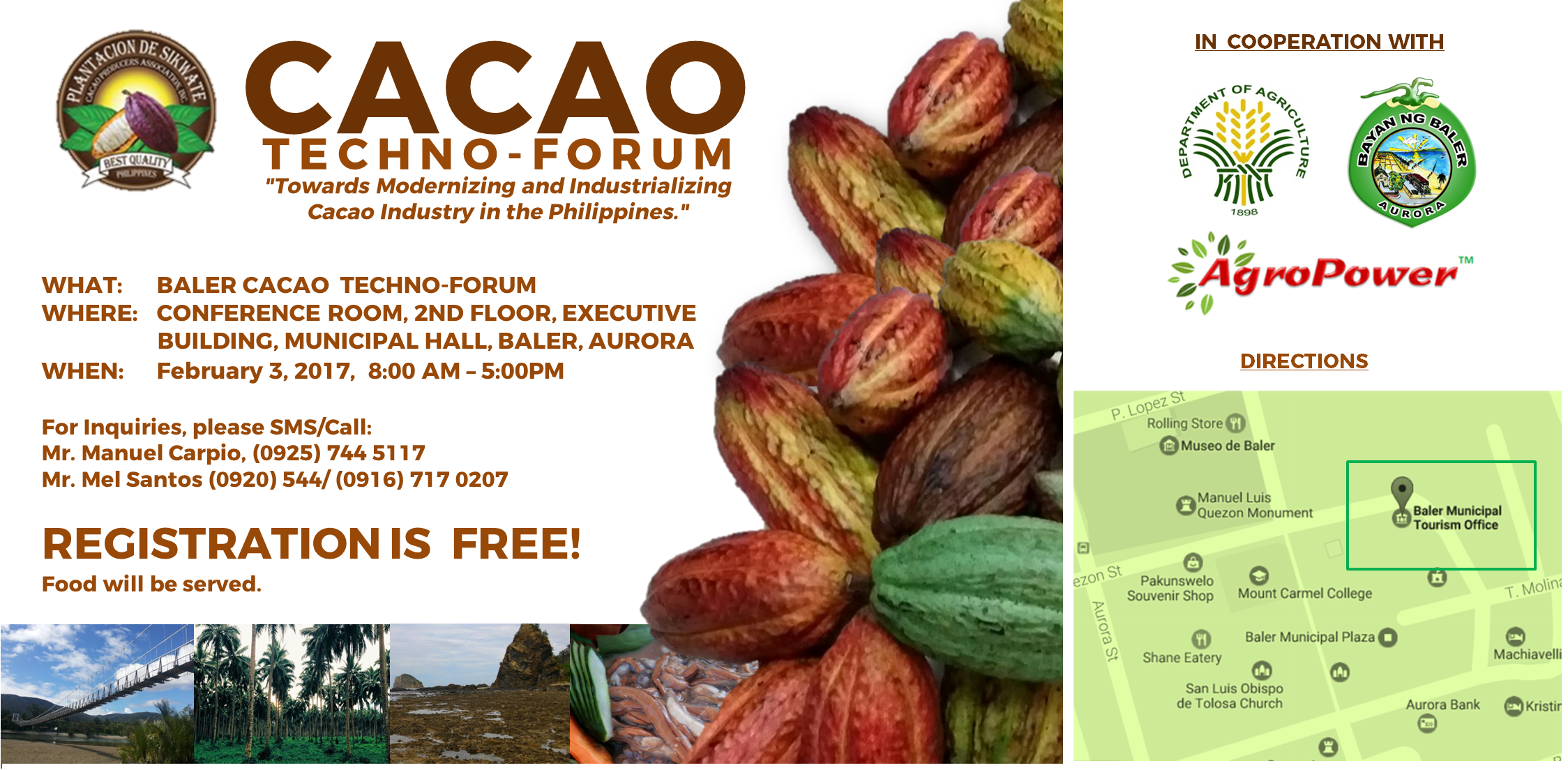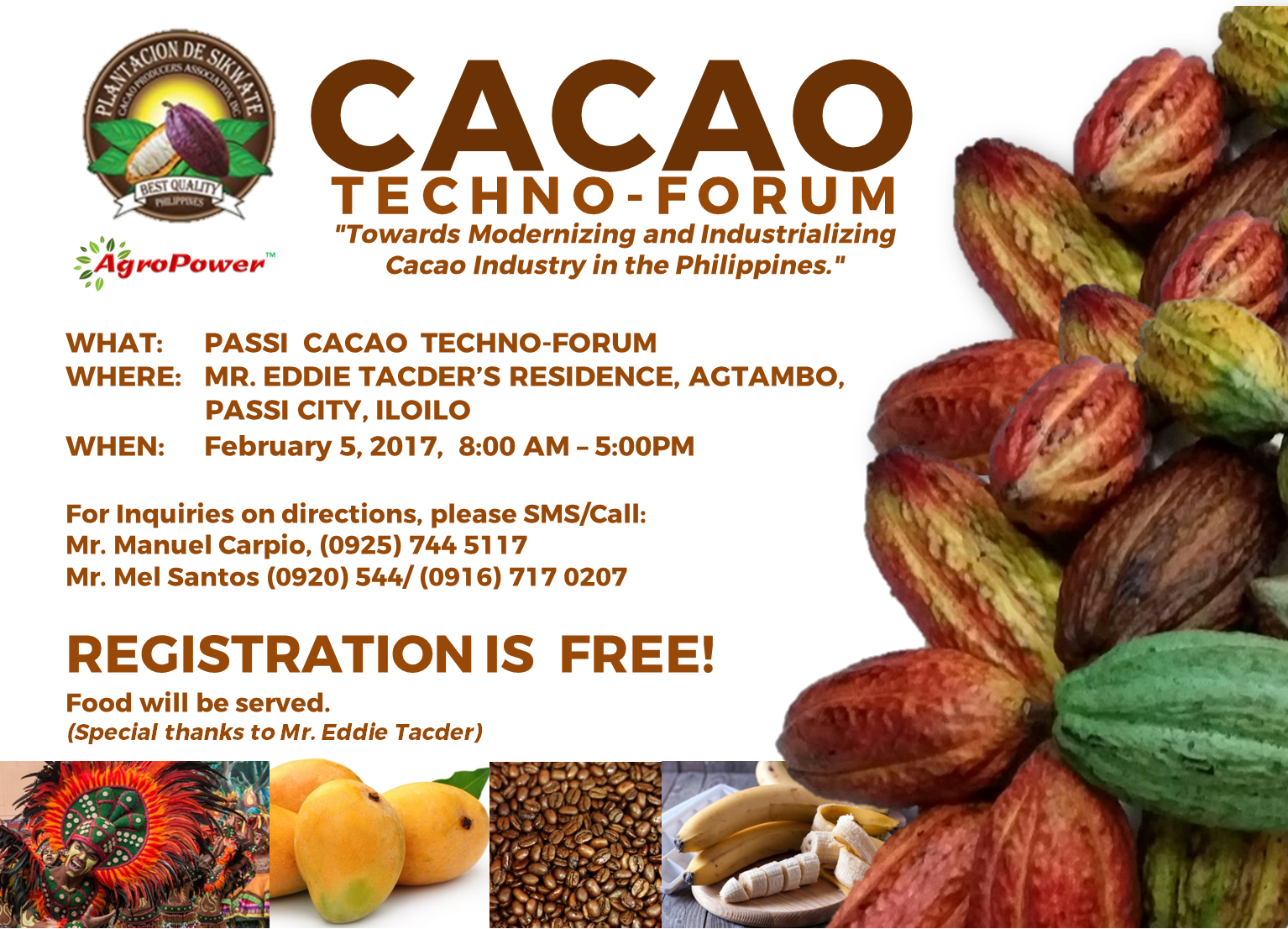The harvesting and post-harvesting works are farm-activity-critical in preparing cacao wet beans into quality dry fermented cacao beans (DFCB).
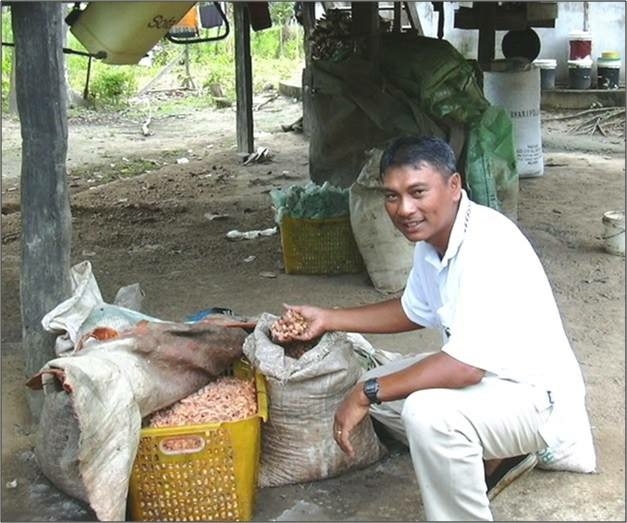
(Small-scale fermentation with uneven / inconsistent fermentation process by cacao growers
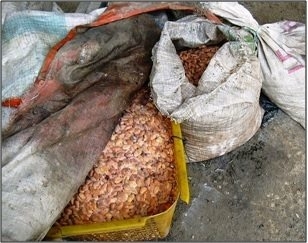
(Small-scale post-harvesting, with drying of beans problematic during wet rainy days especially during long rainy months which most of the time coincide with peak harvesting months; with sun-drying very limited during rainy months. Drying using semi-mechanical unit such as samoan-drying system may be necessary to ensure the fermentation process will continue into drying process, especially if the volume is big, will be more efficient and on-time.)
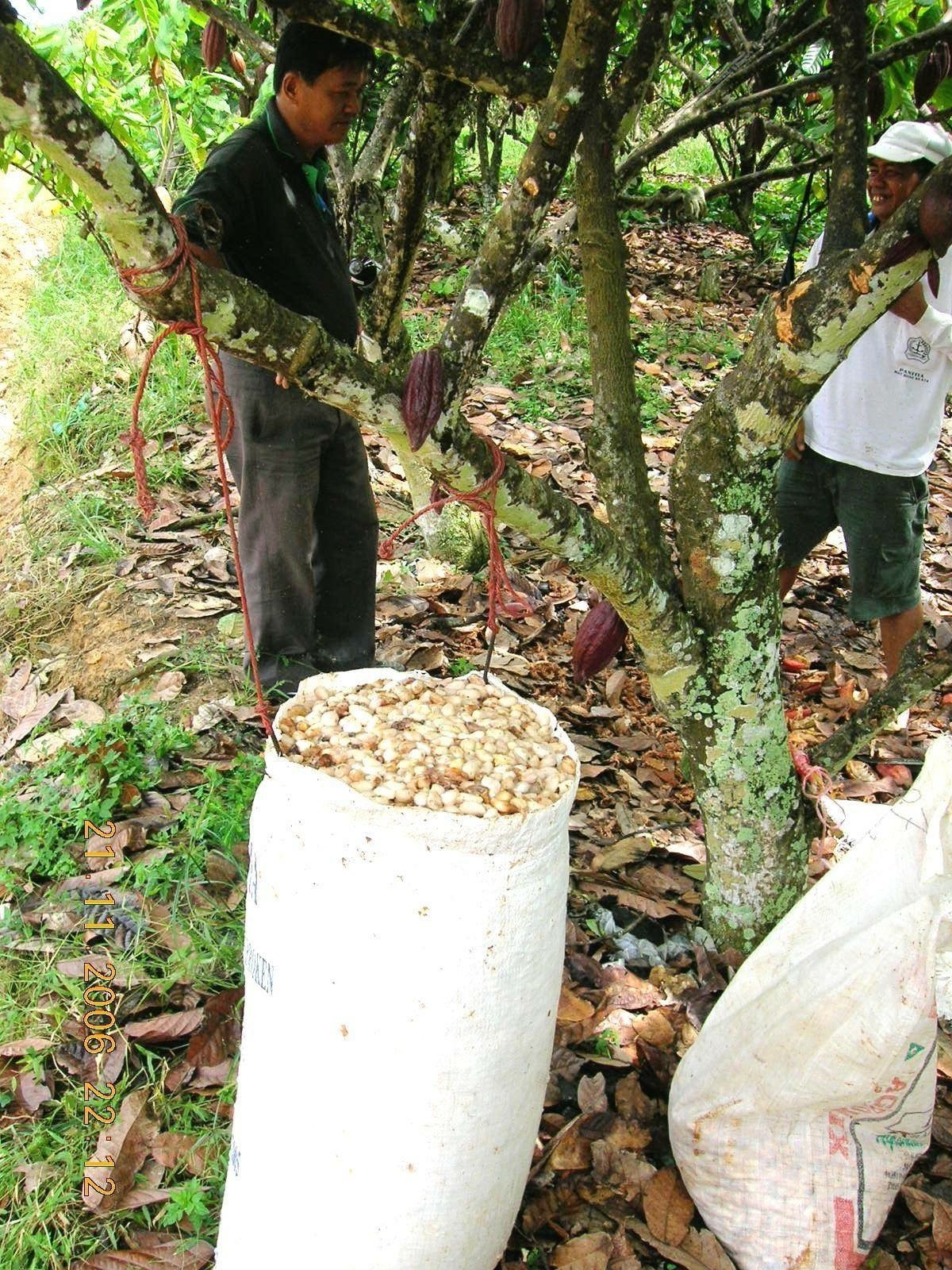
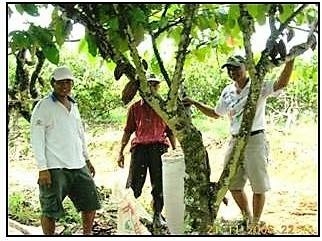
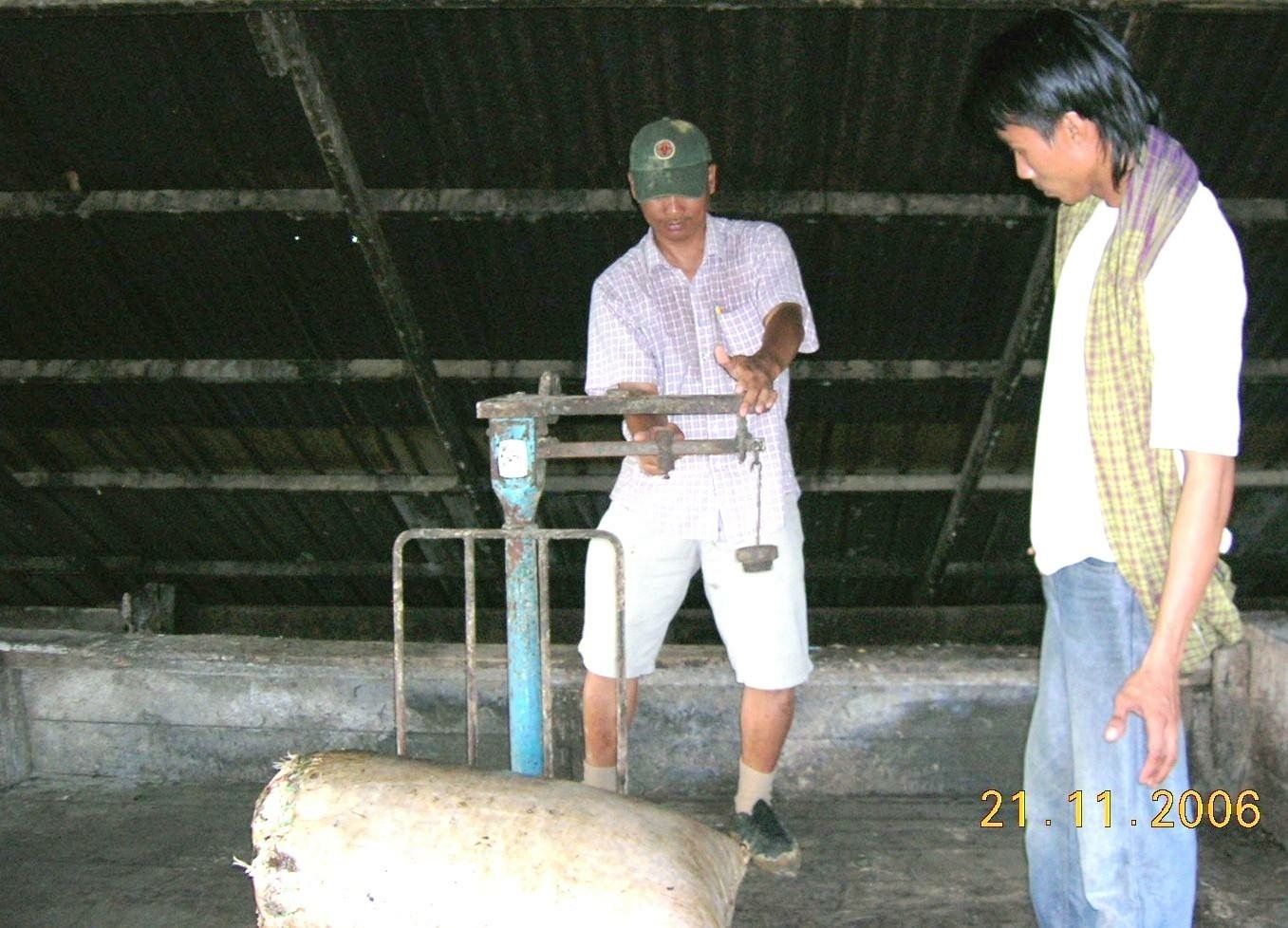
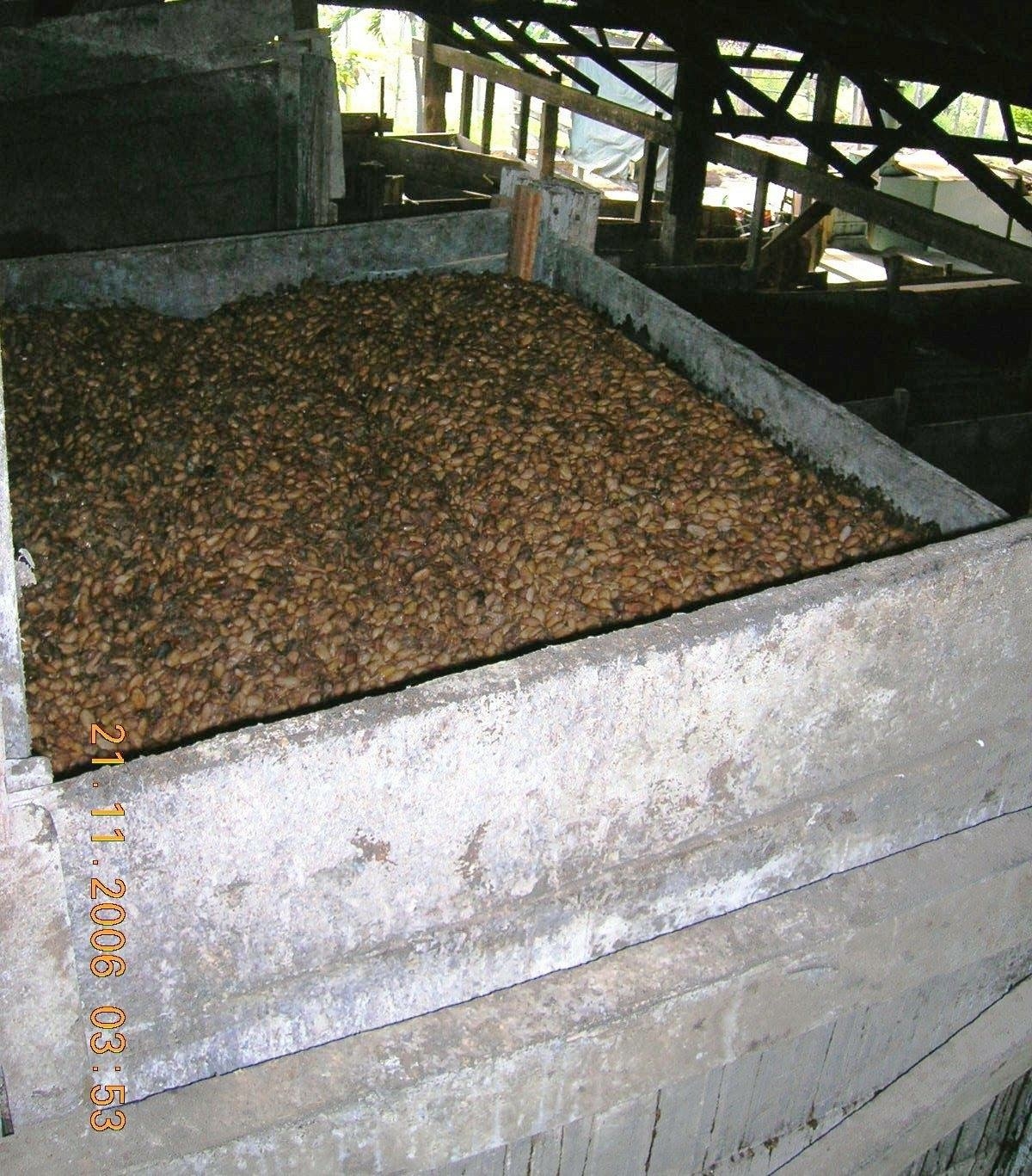
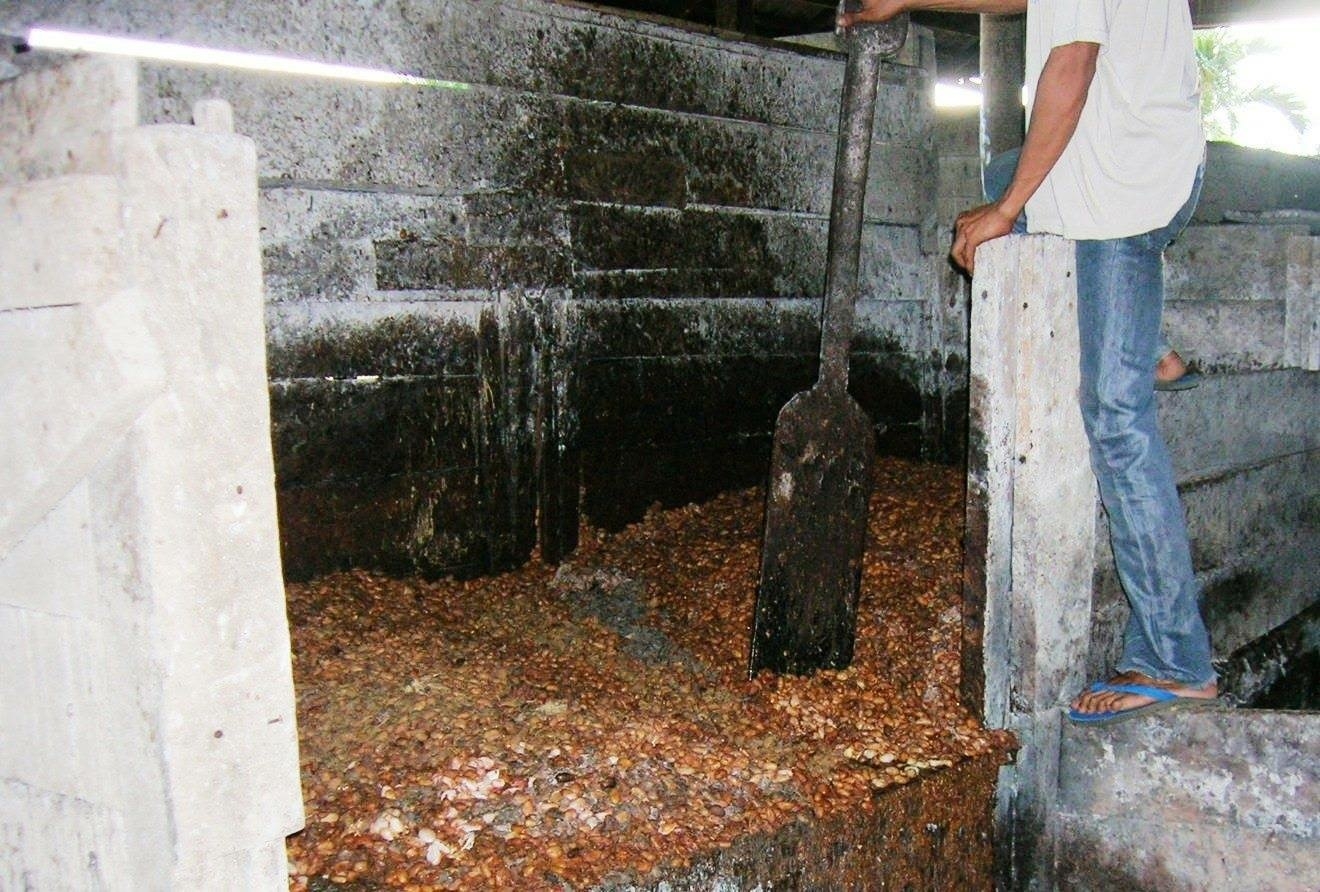
Commercial cacao plantation in neighboring countries producing high-volume DFCB with post-harvest facility afford to produce tonnage volume on a daily basis set-up; which could be adapted for centralized post-harvest facility to process wet beans from small-scale growers into clusters in strategic location within the community of cacao growers giving direct access to market. wet beans can be sold at fair price to processor.
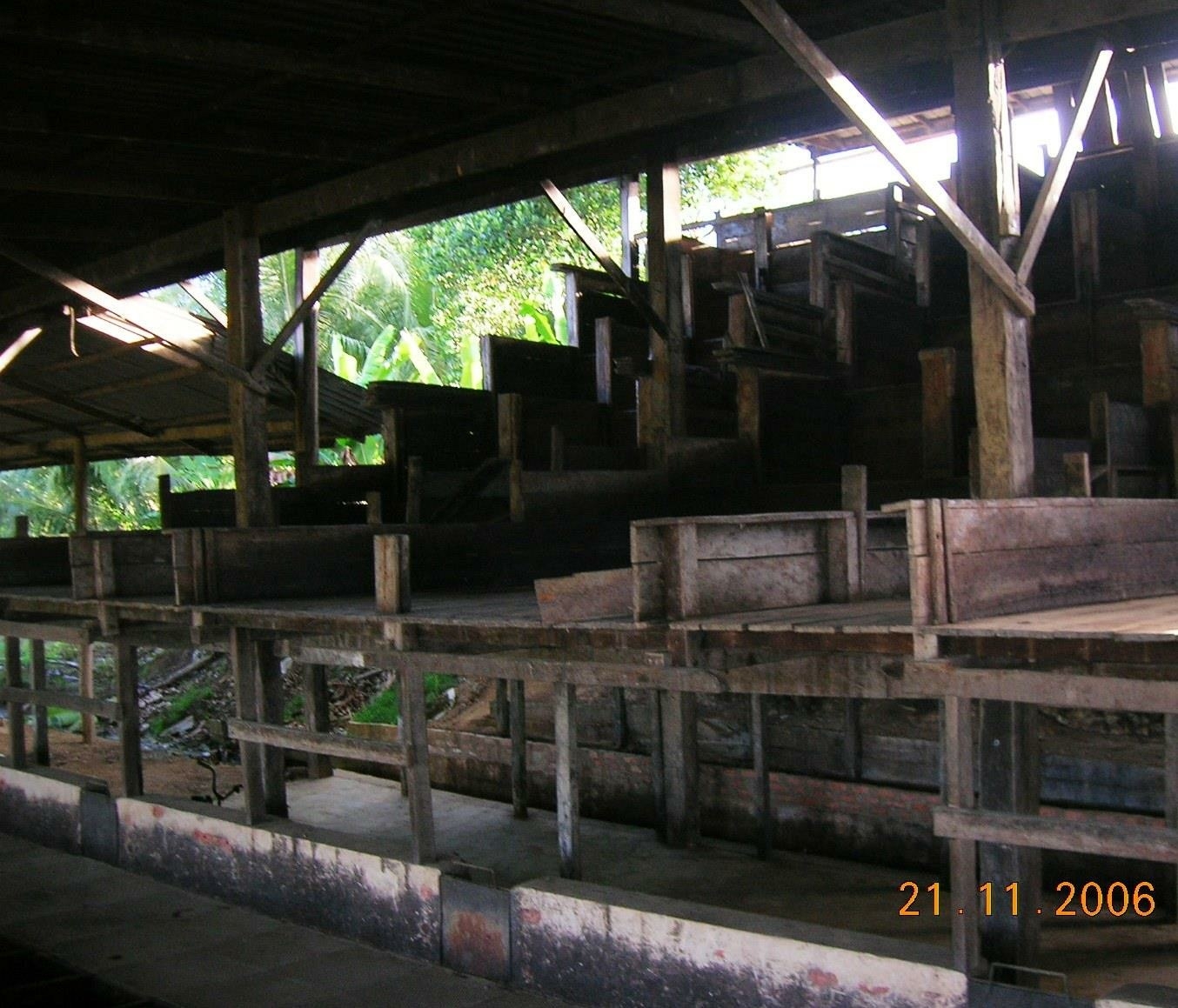
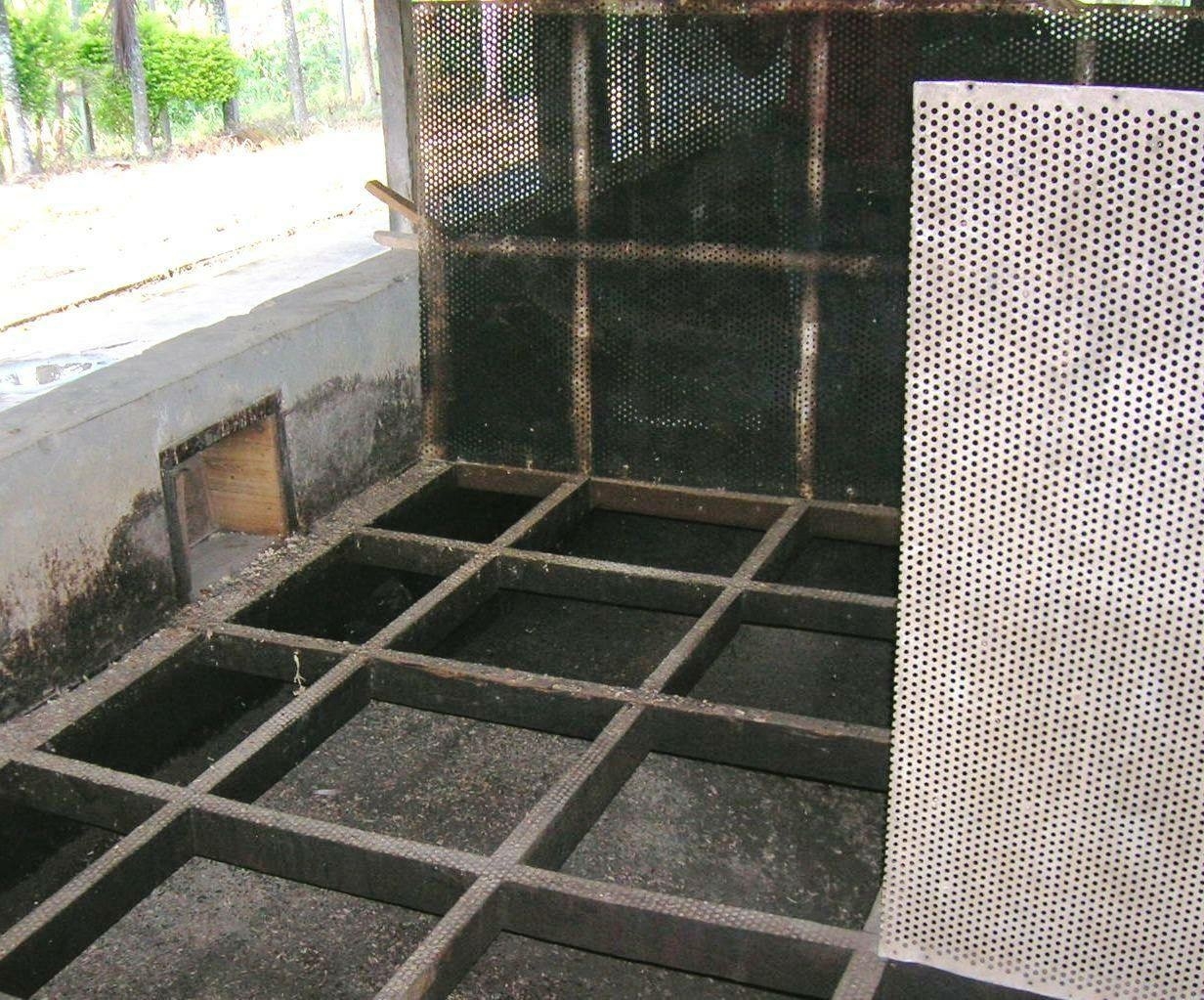
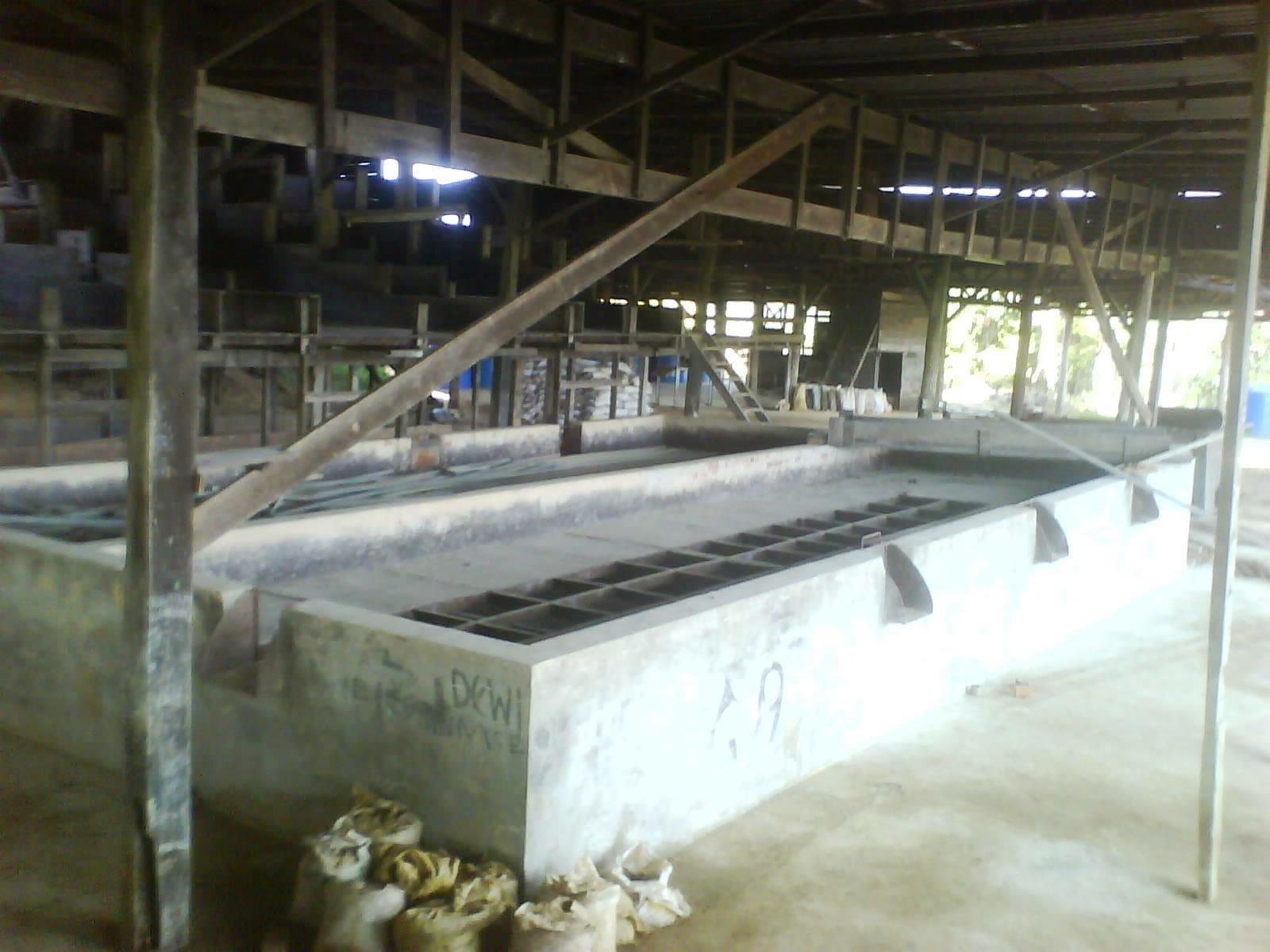
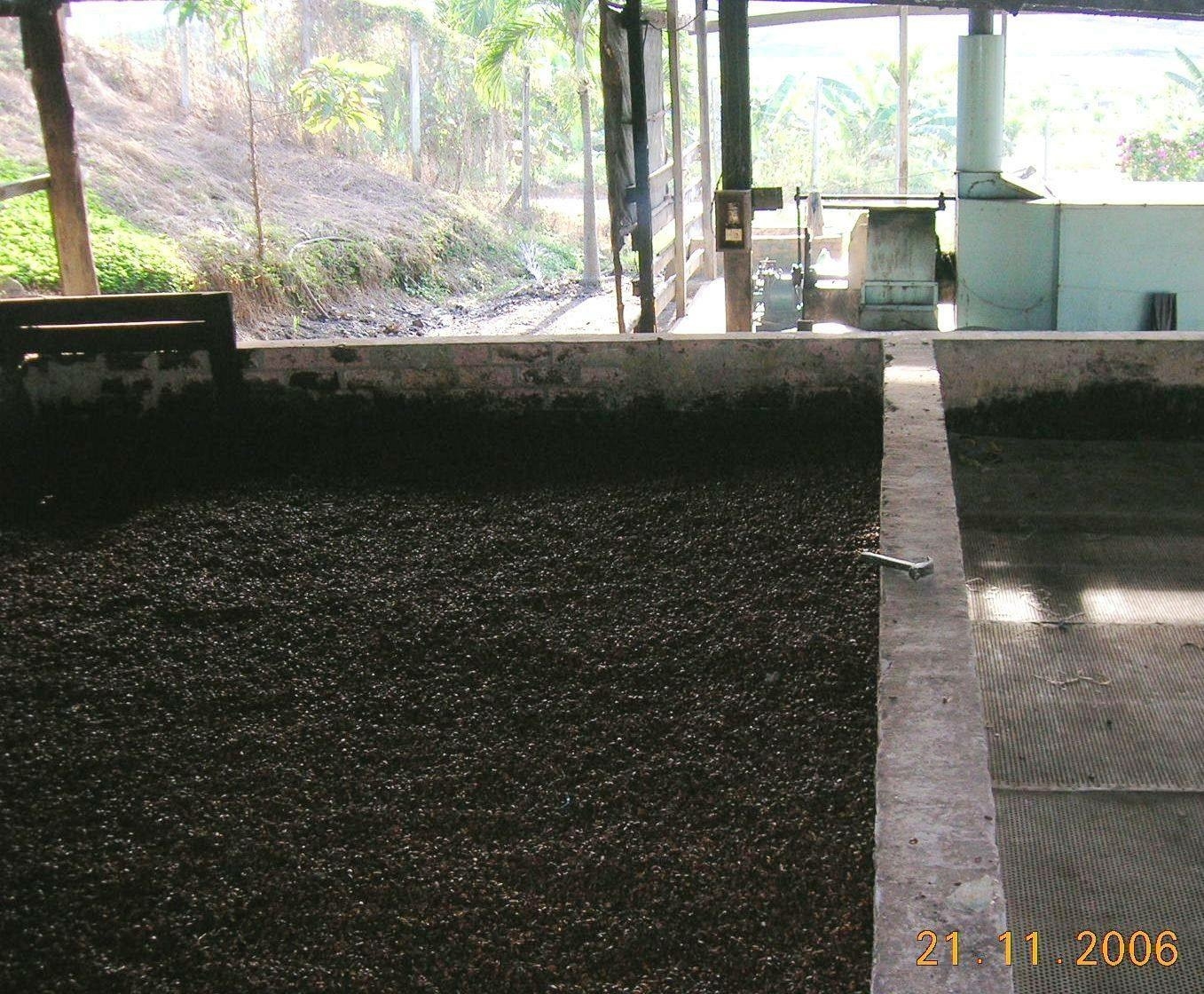
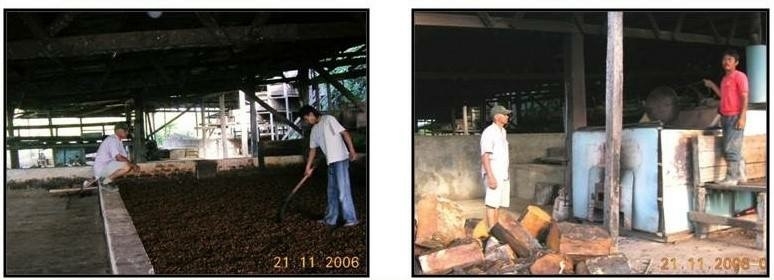
(Semi-mechanical dryer set-up with maximum capacity of 12MT cacao wet beans drying within 3days at average 30% Dry-Wet-Conversion (DWC) ratio)
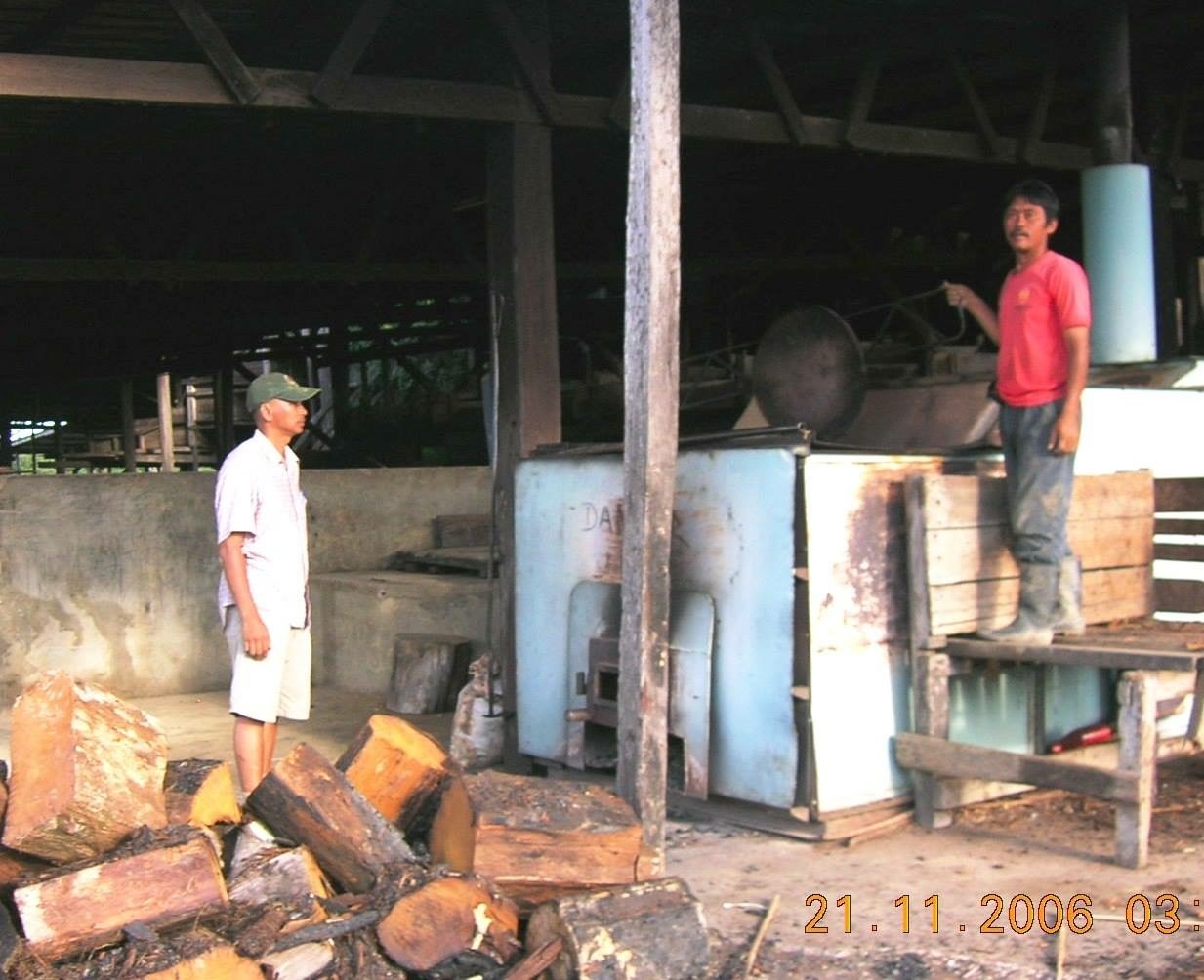
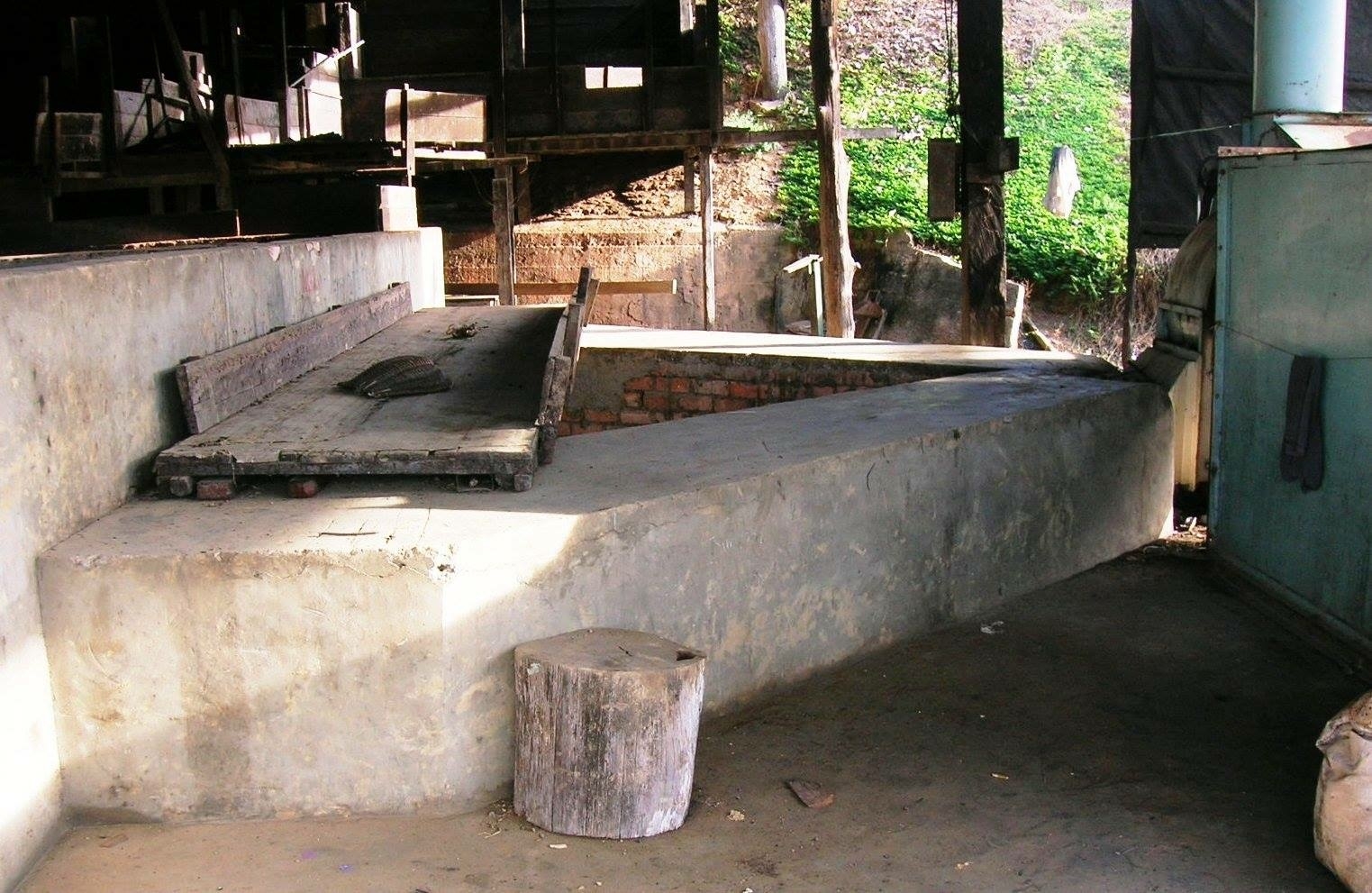
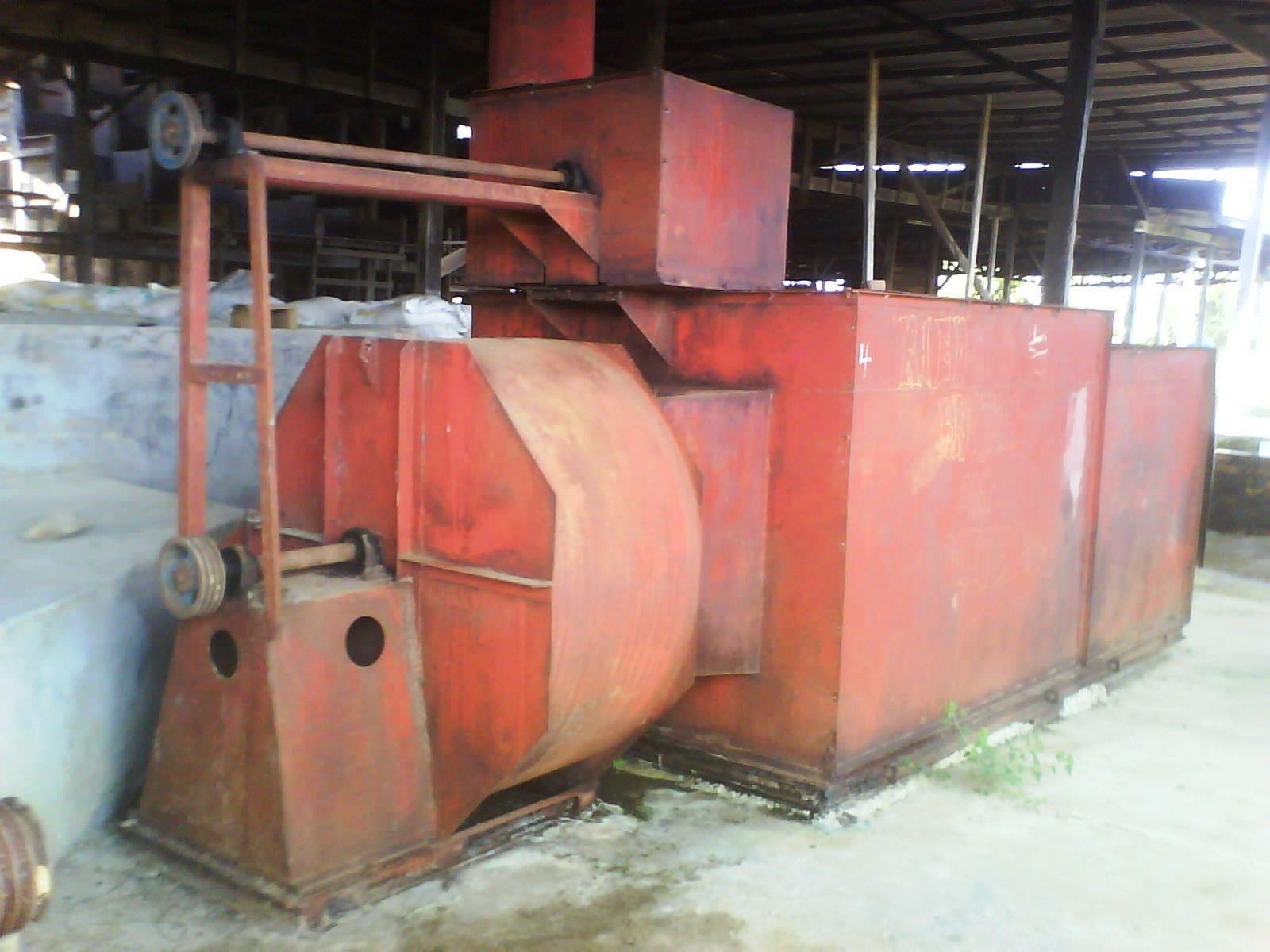 (Mechanical samoan-dryer @ 15MT cacao wet beans capacity)
(Mechanical samoan-dryer @ 15MT cacao wet beans capacity)
Centralized post-harvest facility to facilitate cacao wet beans processing into dfcb, allowing direct market for growers to sell wet beans to processor at fair market price with dry-wet-conversion ratio fixed at 30% (30kg dfcb from every 100kg wet beans) based on prevailing local market price; situated in strategic location, clusters of cacao growers can easily access direct from farm converting wet beans to cash, without the hassle of fermentation & drying; avoiding mouldy beans during wet rainy days which usually harvest peak-months coincide with rainy season…. an idea worth considering to encourage cacao growers expansion programs.
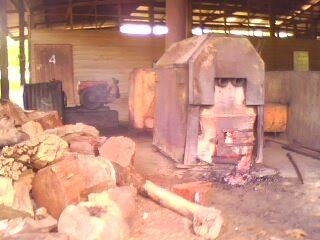
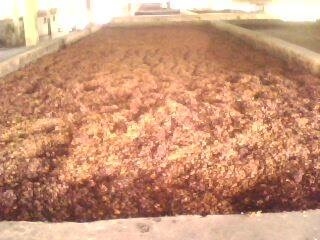
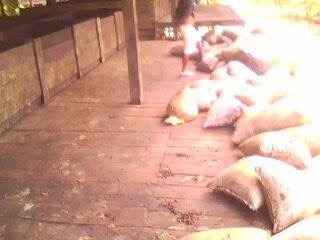
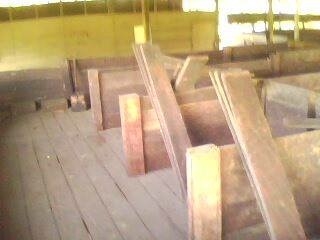
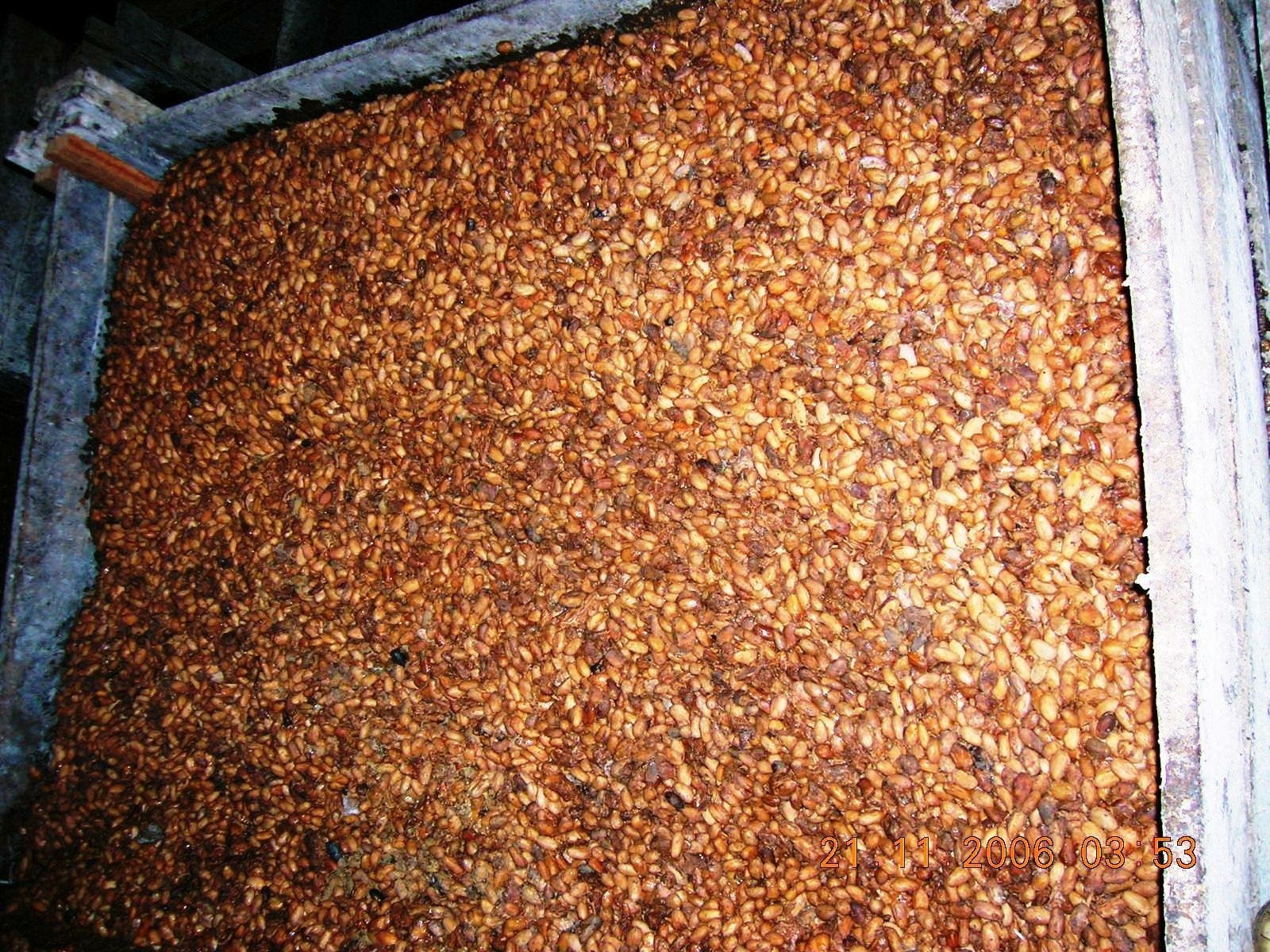
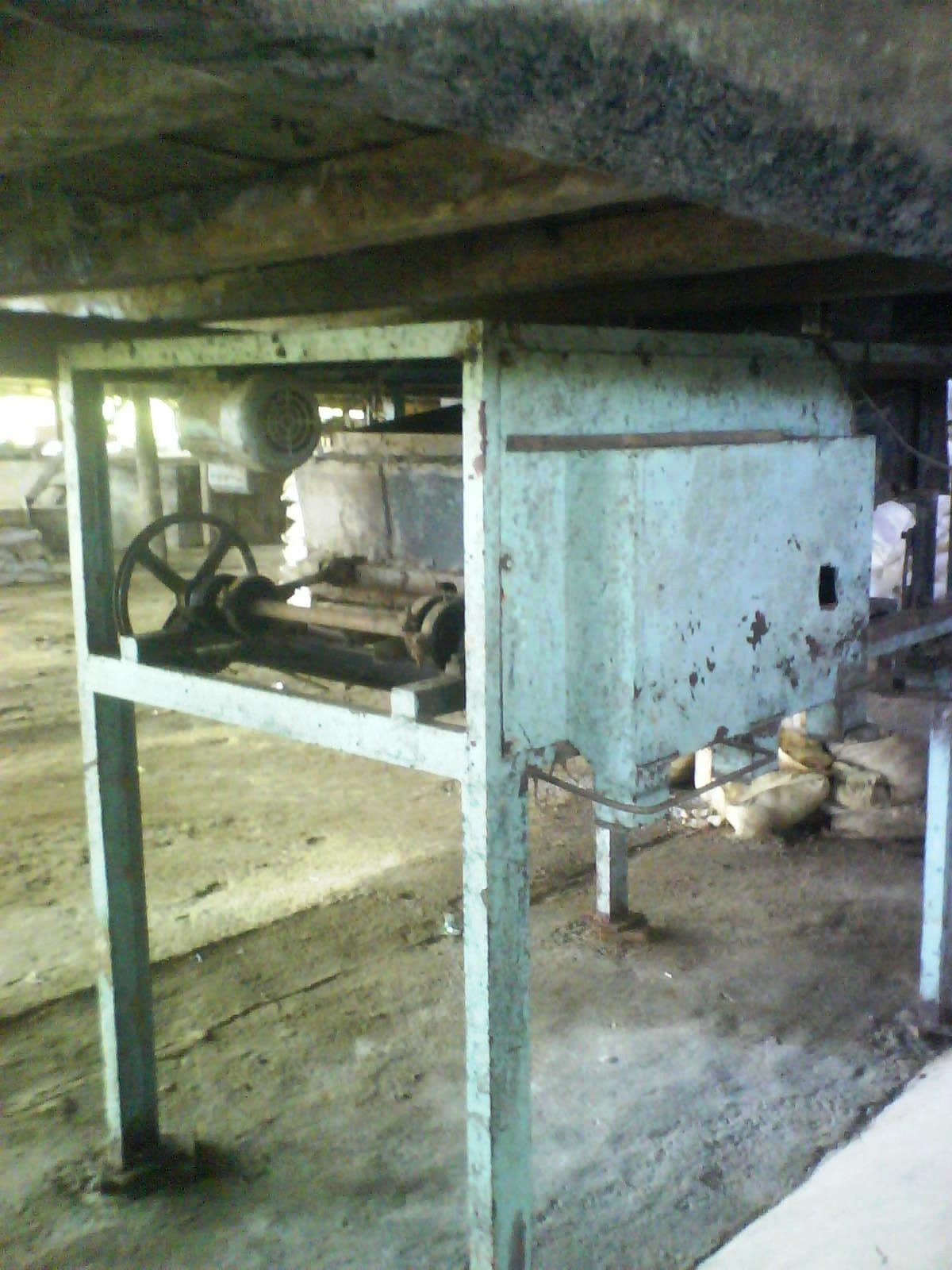 (Mechanical dry beans sorting apparatus, capable to sort out dry beans into 3 main Grade (110/100, 110/120, >120, waste and flat /split beans) at 30 bags within 2hours.)
(Mechanical dry beans sorting apparatus, capable to sort out dry beans into 3 main Grade (110/100, 110/120, >120, waste and flat /split beans) at 30 bags within 2hours.)
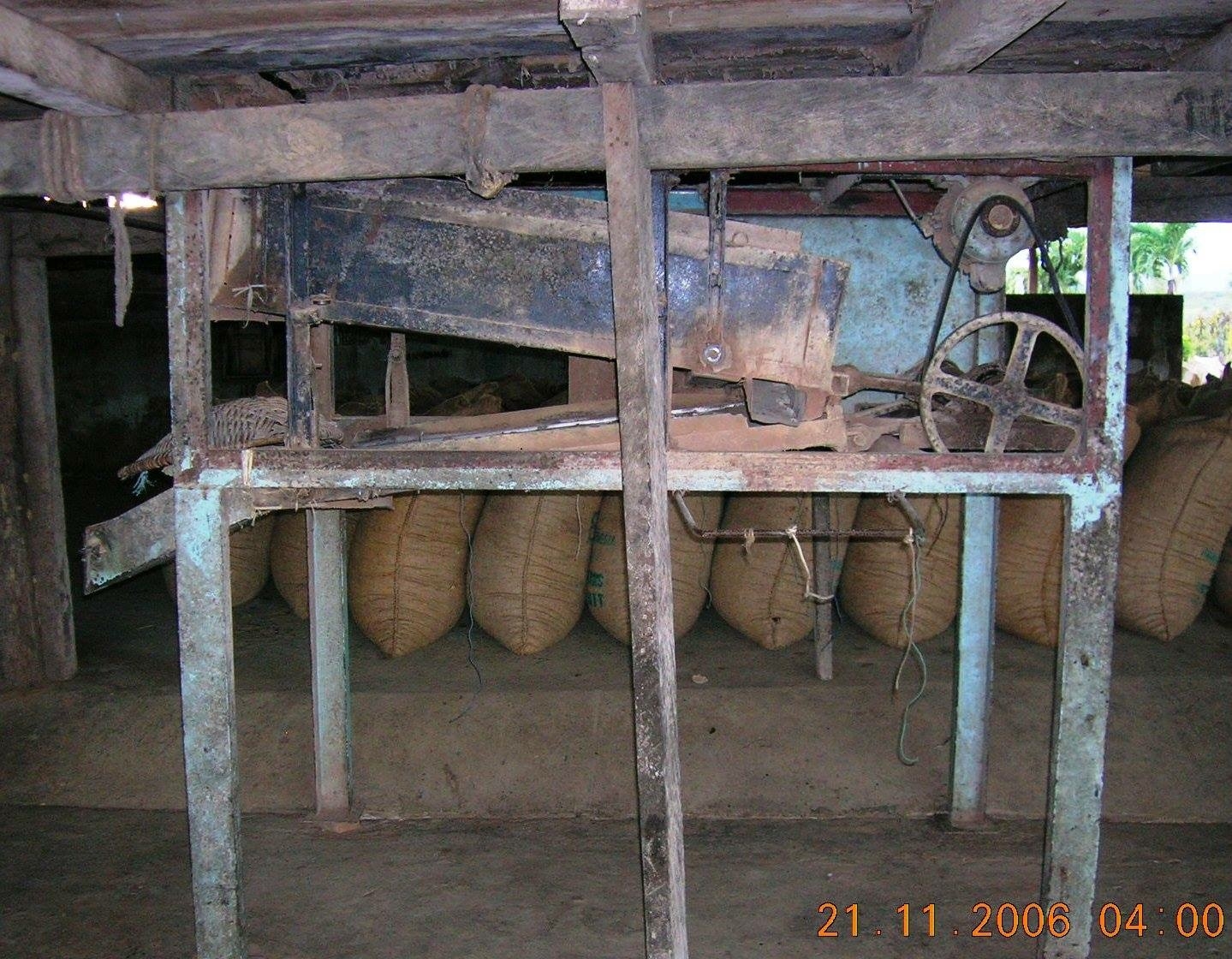
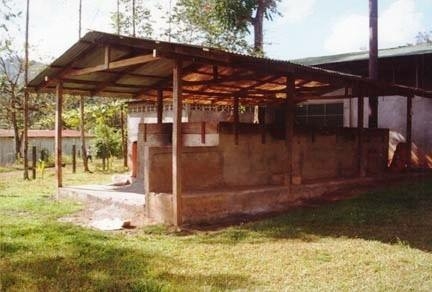
(small-scale samoan-dryer with 3MT cacao wet beans capacity )
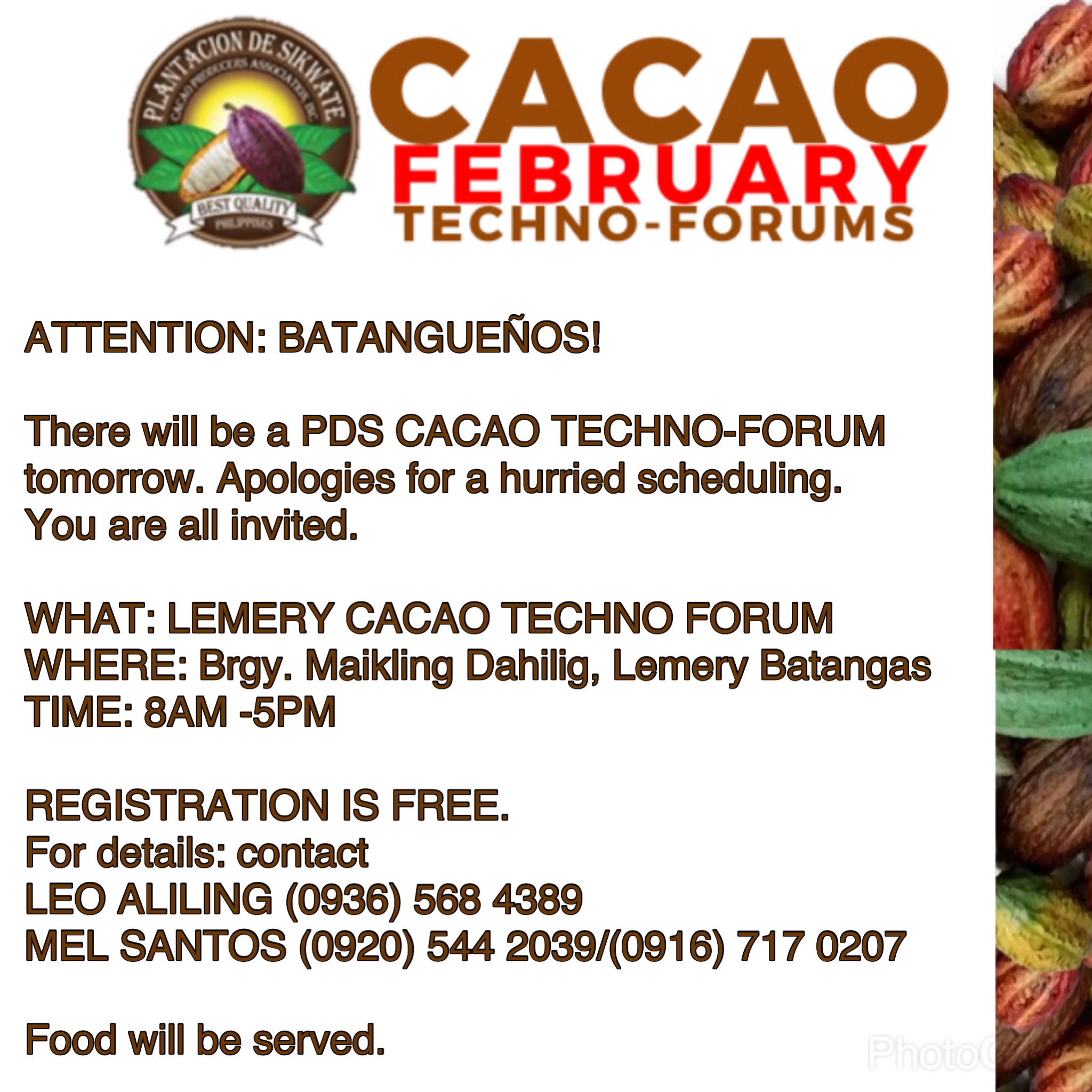

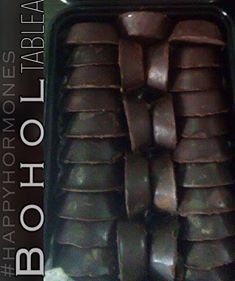
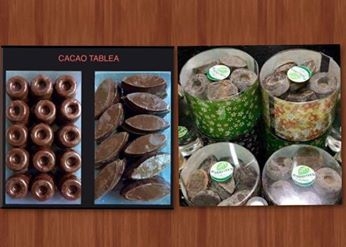














 (Mechanical samoan-dryer @ 15MT cacao wet beans capacity)
(Mechanical samoan-dryer @ 15MT cacao wet beans capacity)




 (Mechanical dry beans sorting apparatus, capable to sort out dry beans into 3 main Grade (110/100, 110/120, >120, waste and flat /split beans) at 30 bags within 2hours.)
(Mechanical dry beans sorting apparatus, capable to sort out dry beans into 3 main Grade (110/100, 110/120, >120, waste and flat /split beans) at 30 bags within 2hours.)





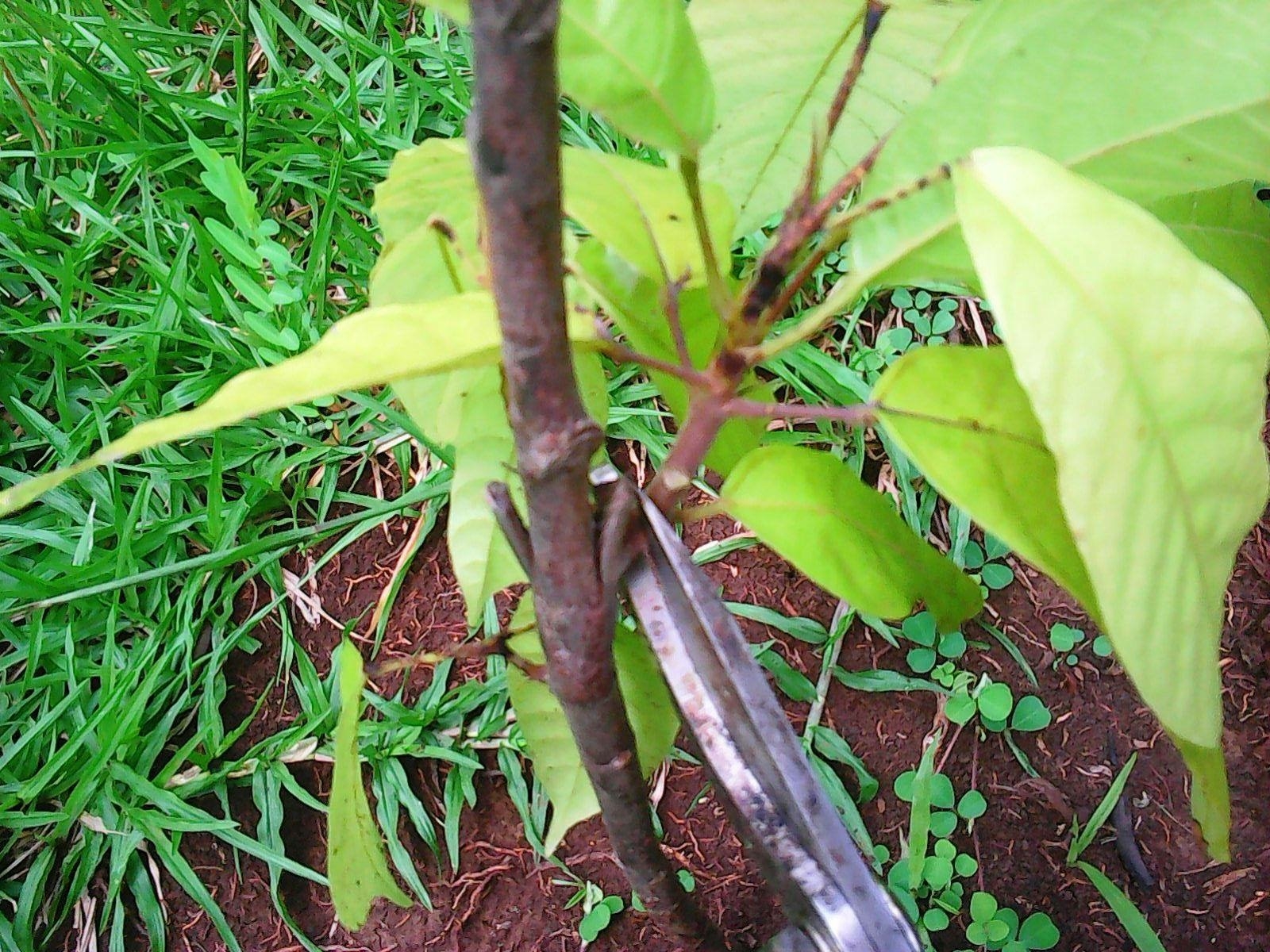
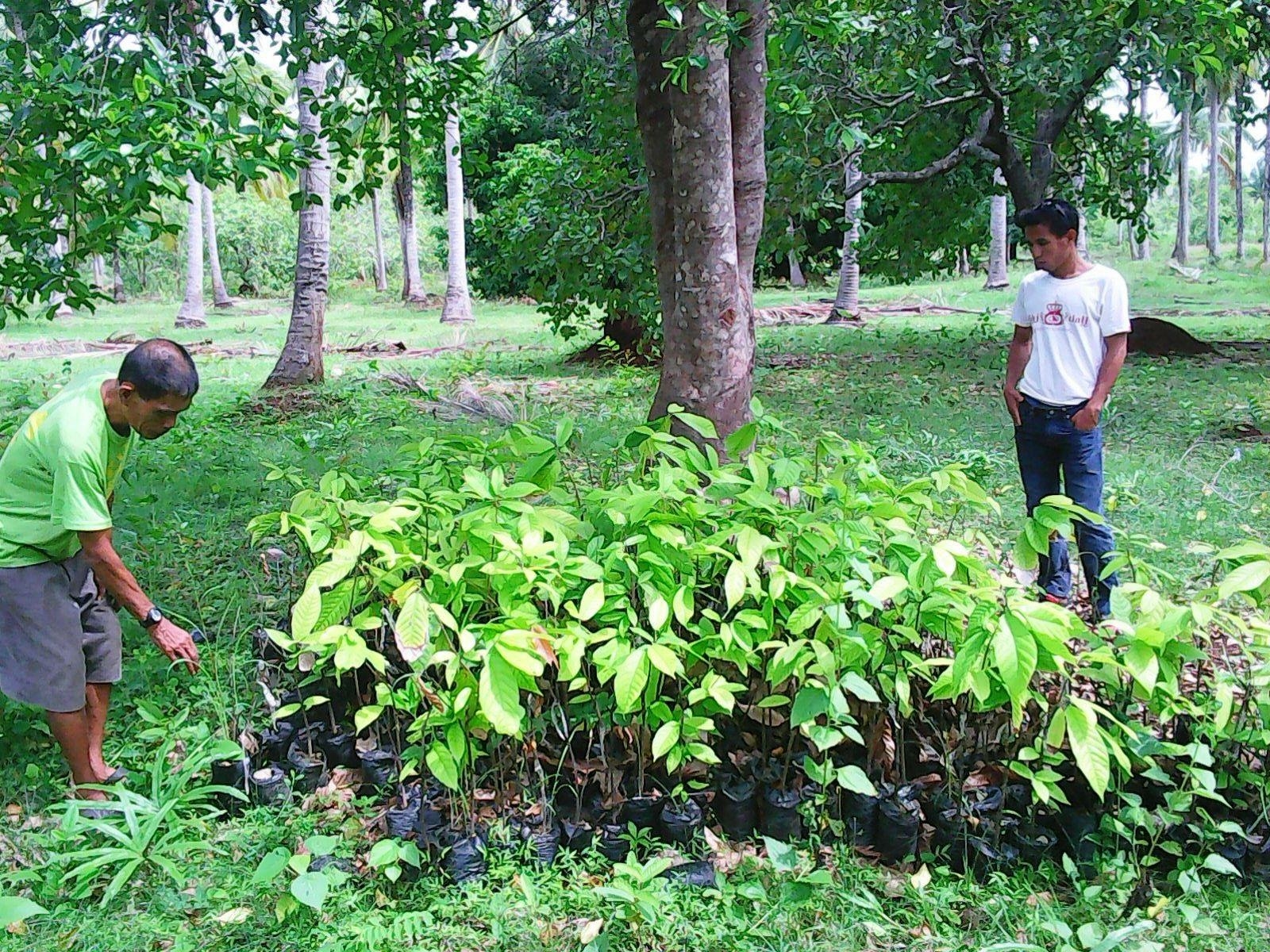



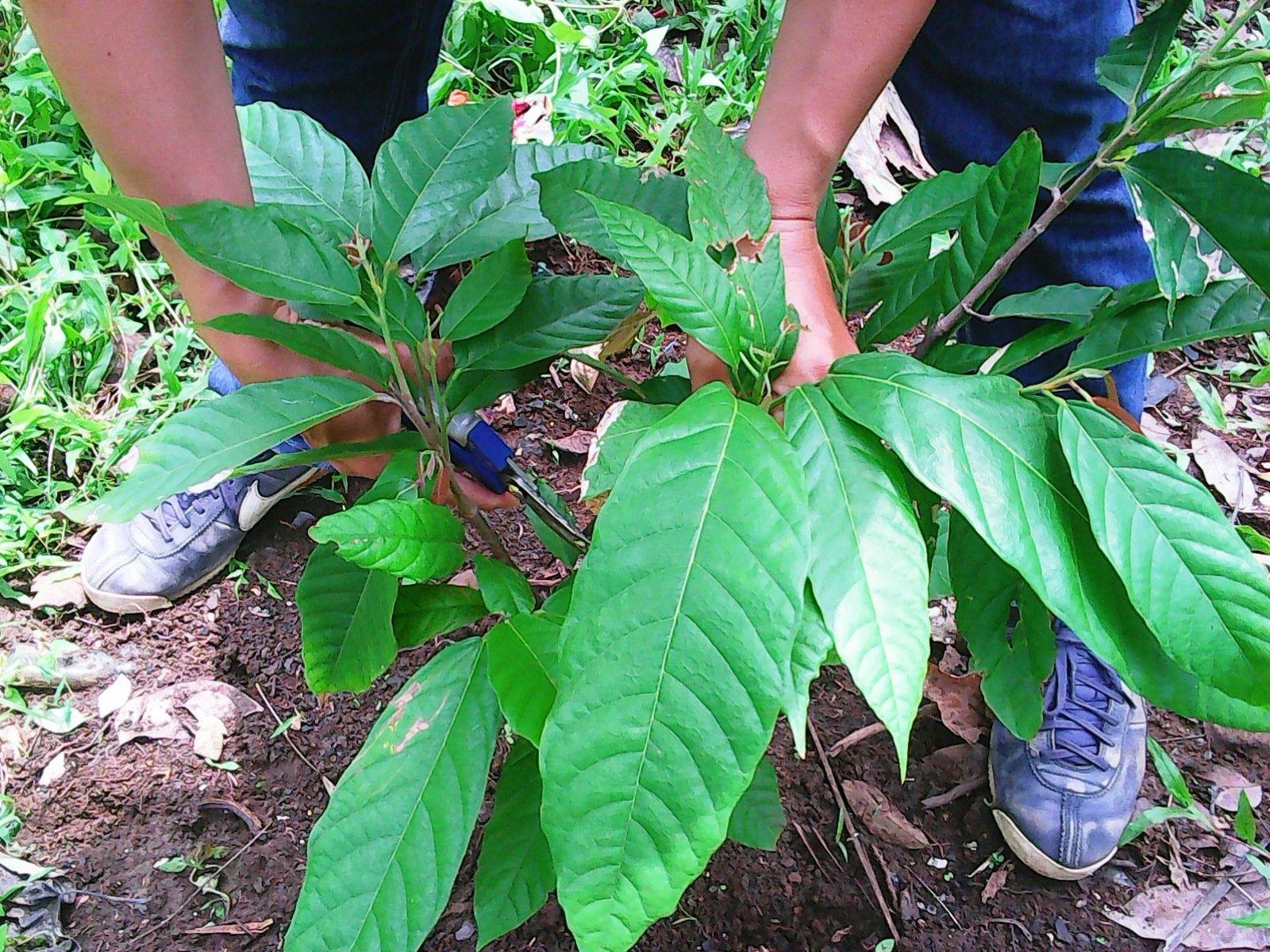
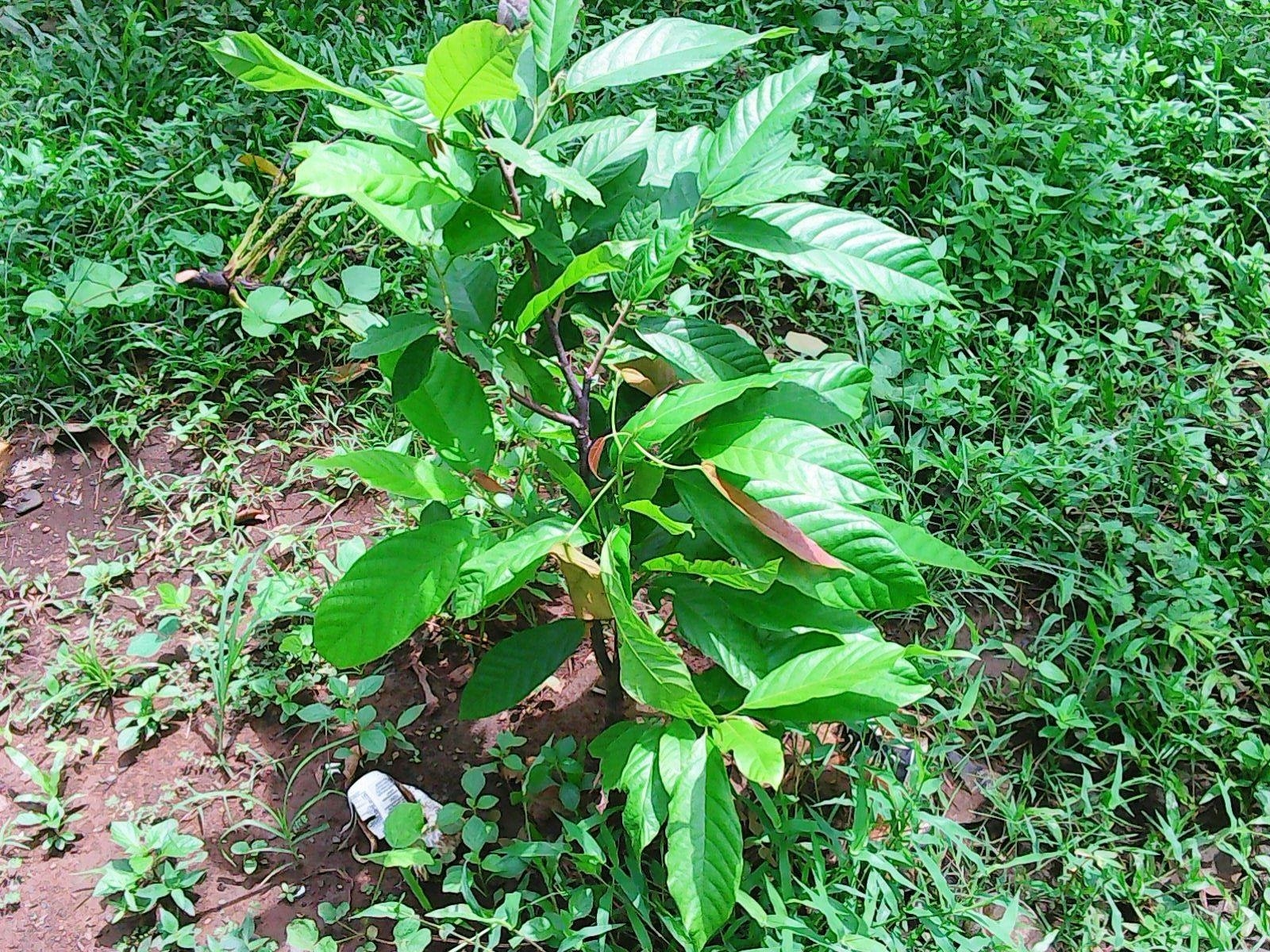
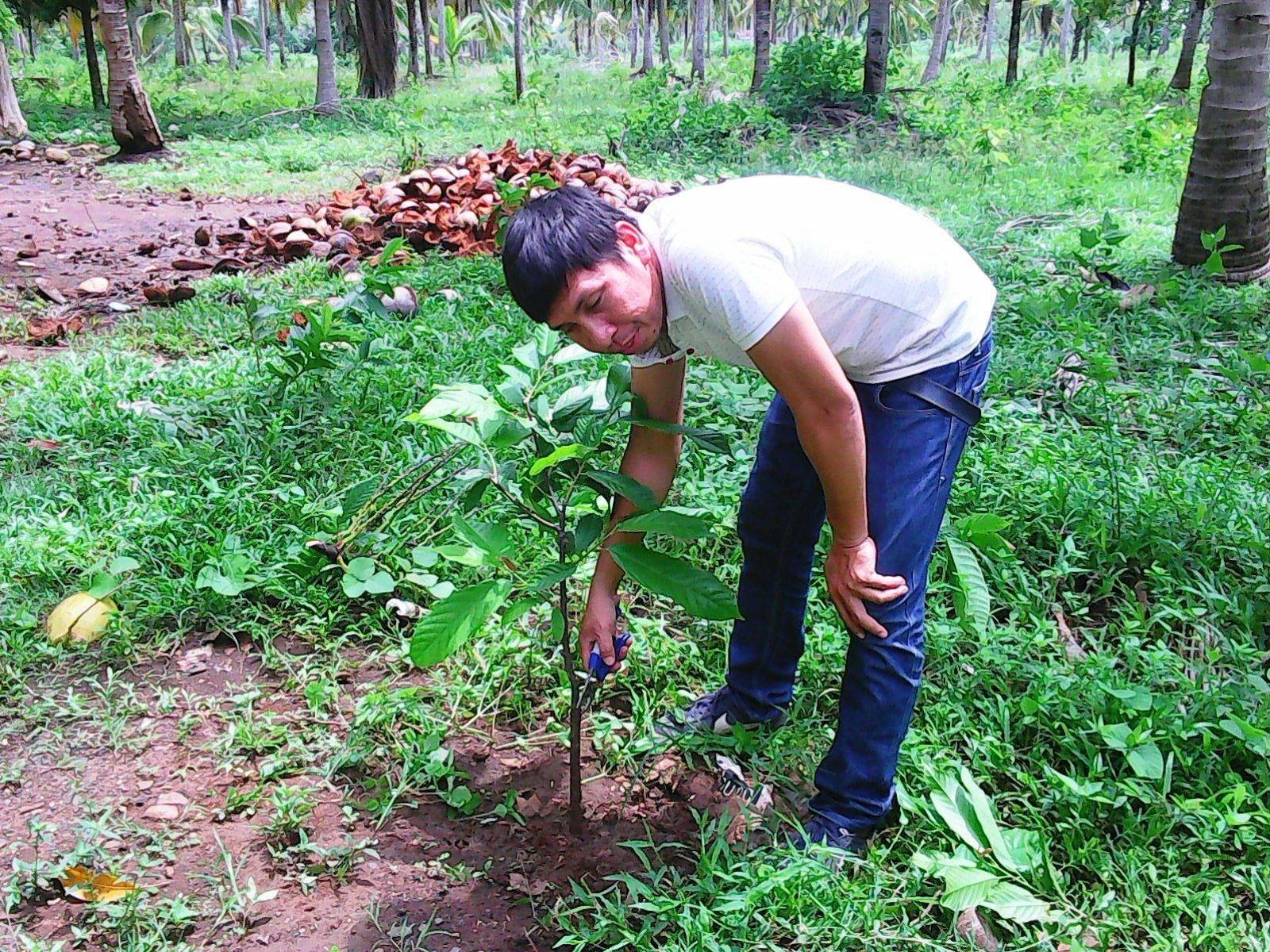
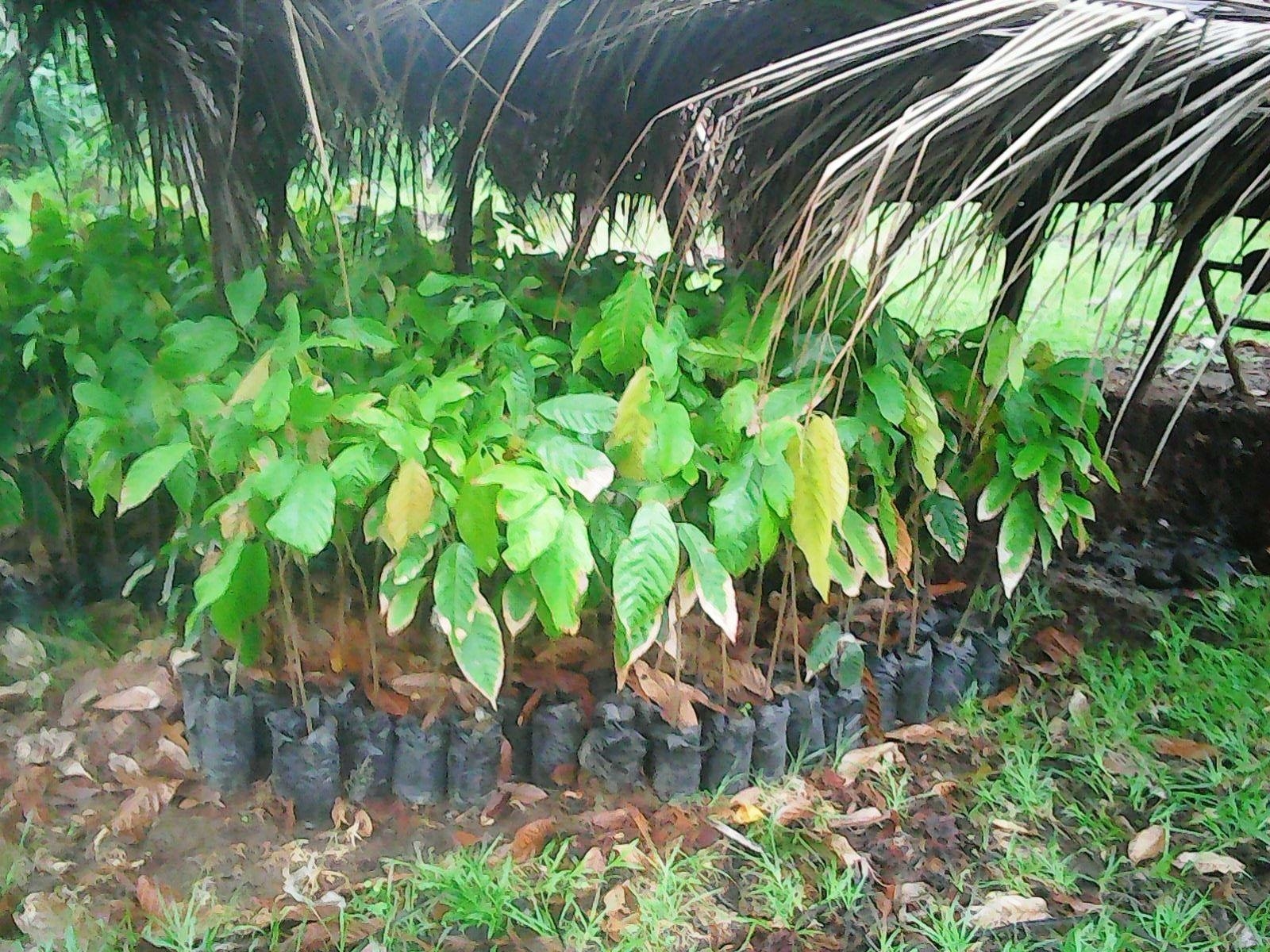
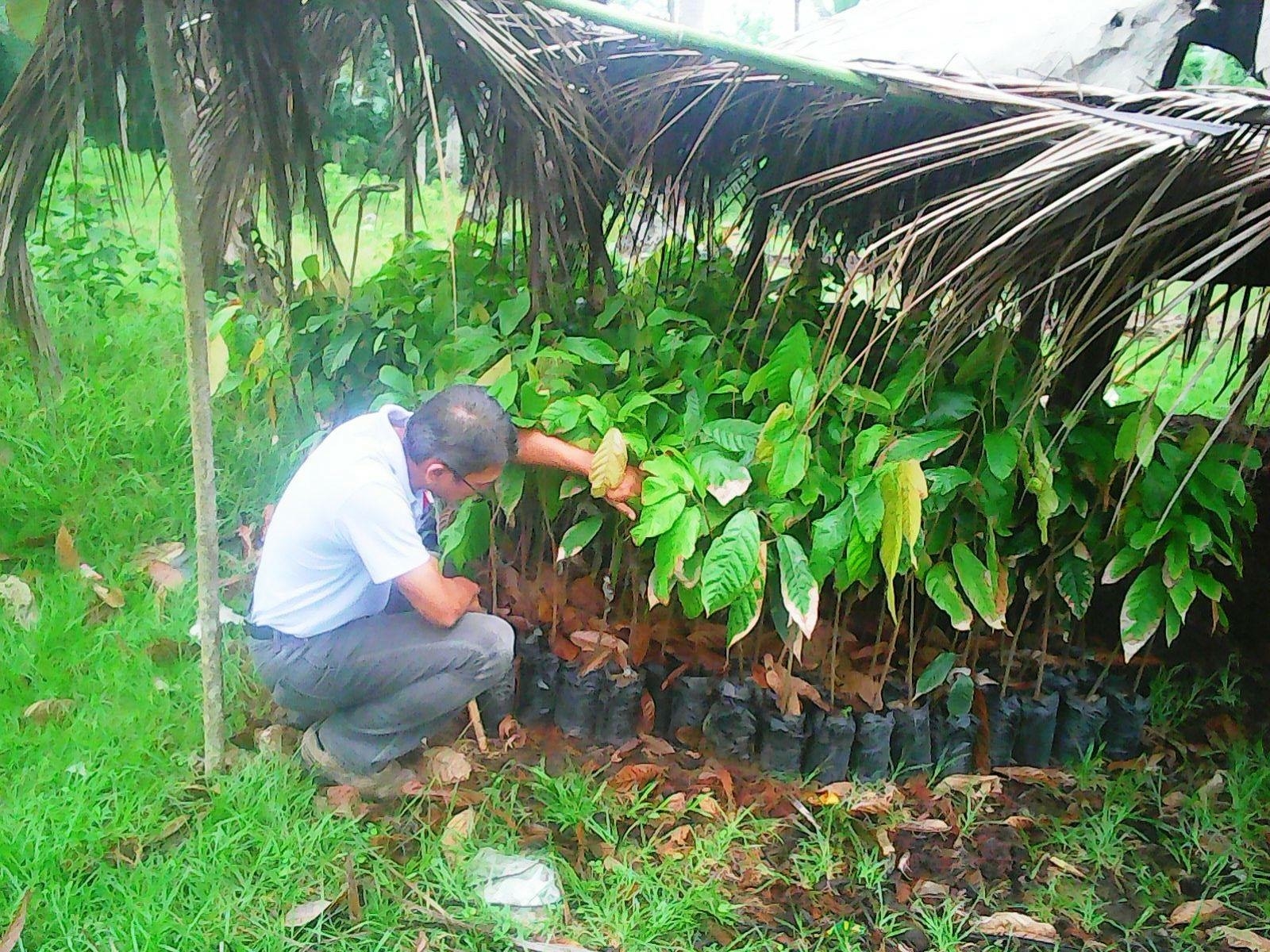
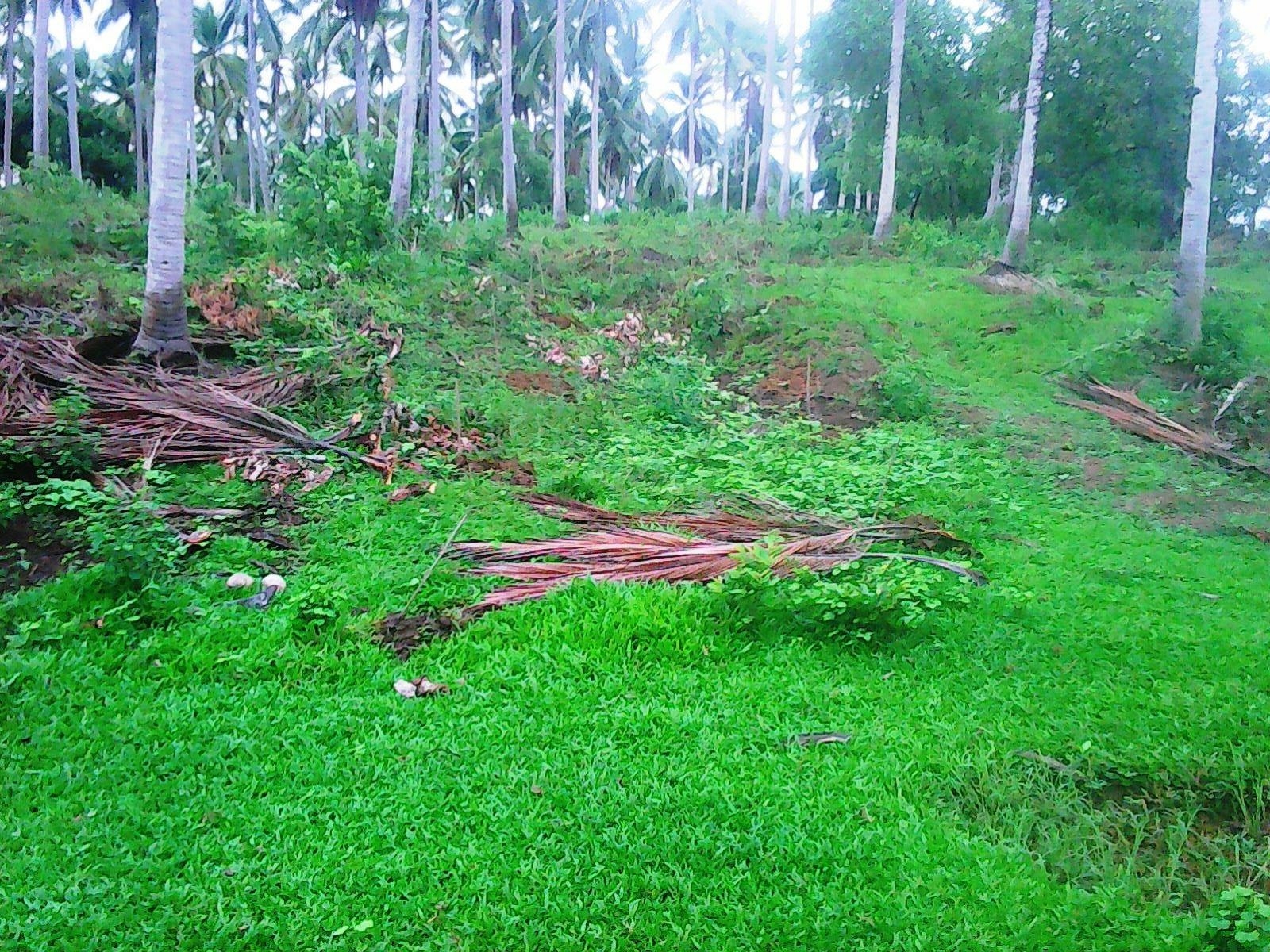
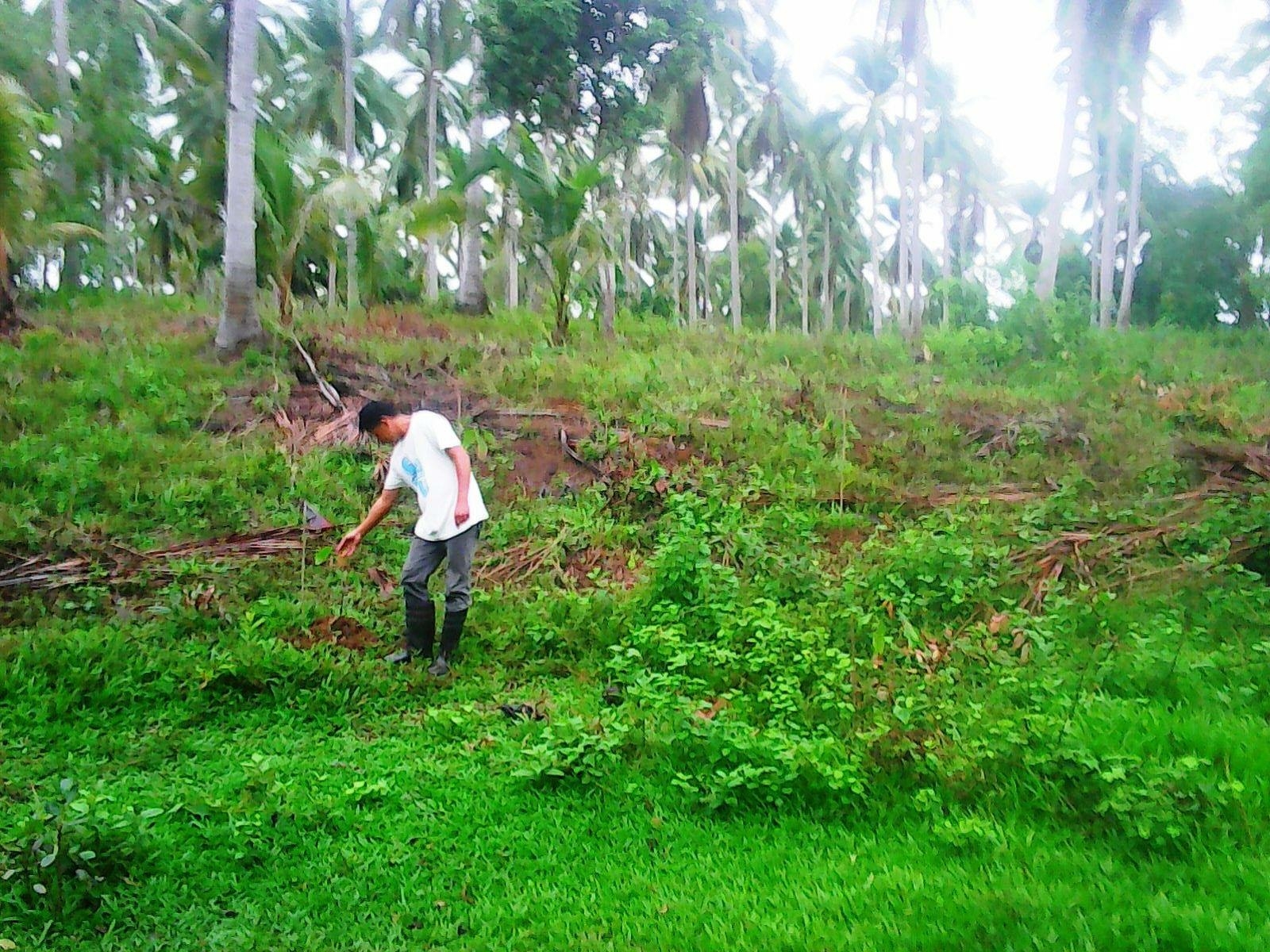

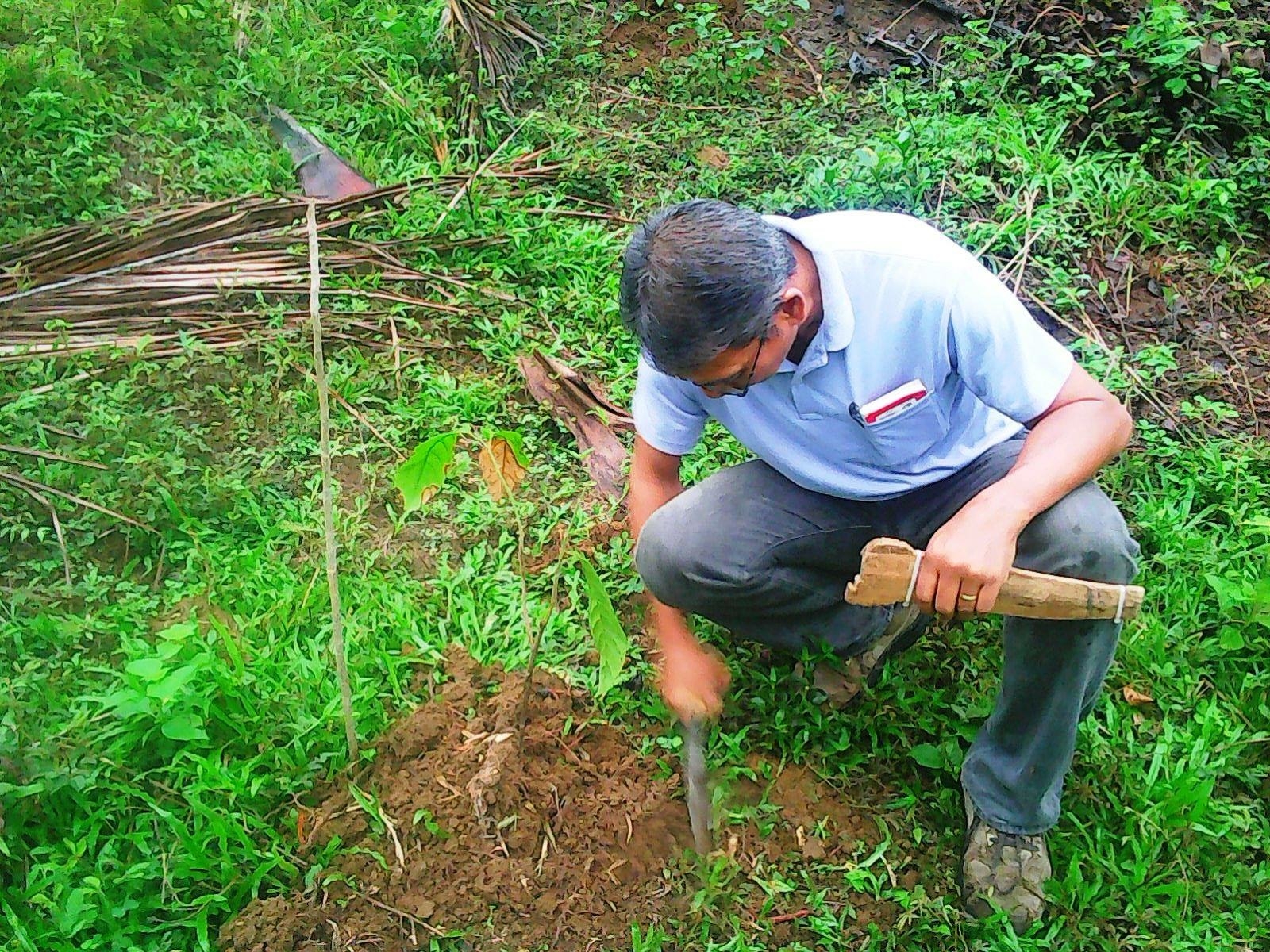
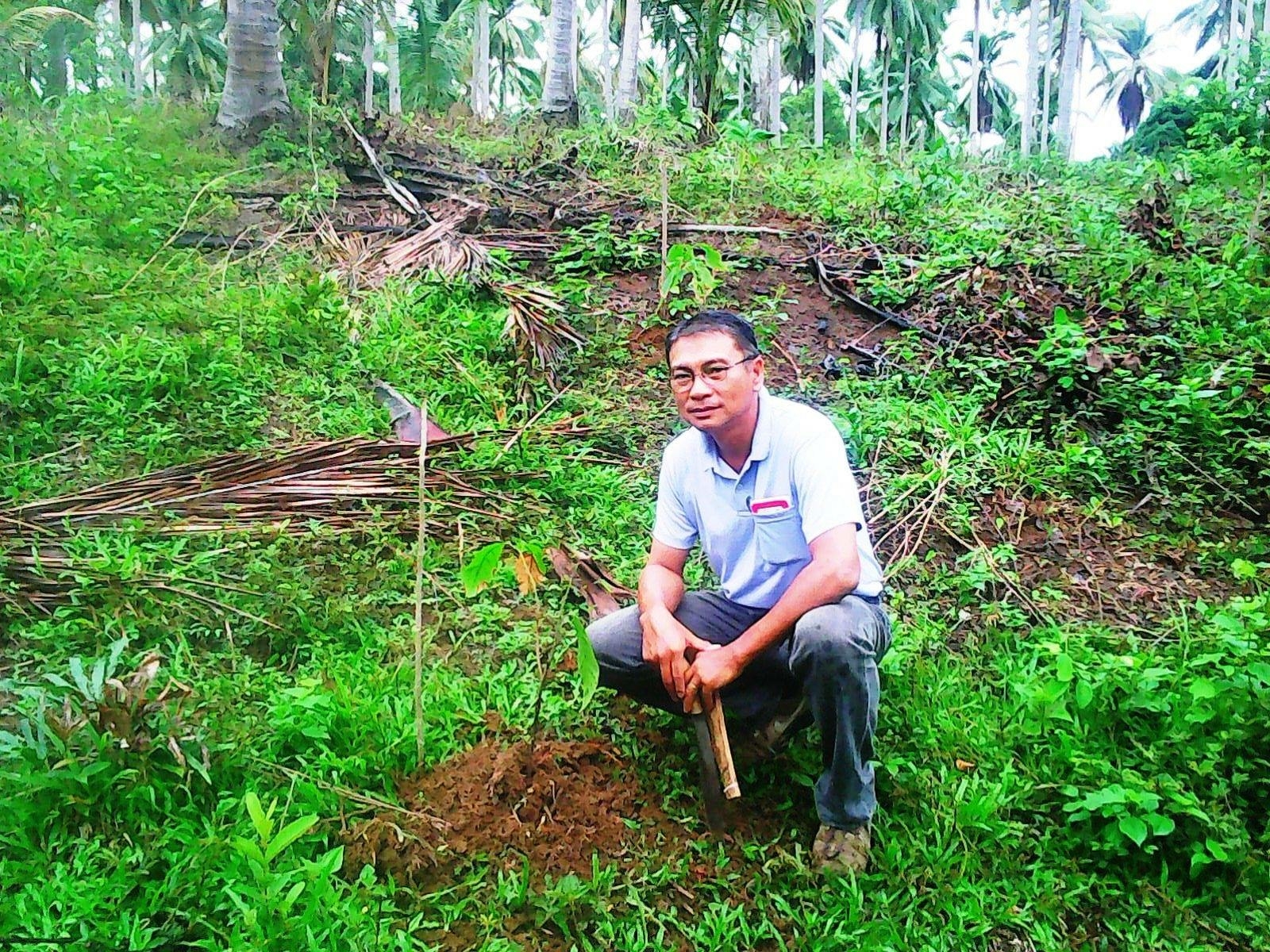
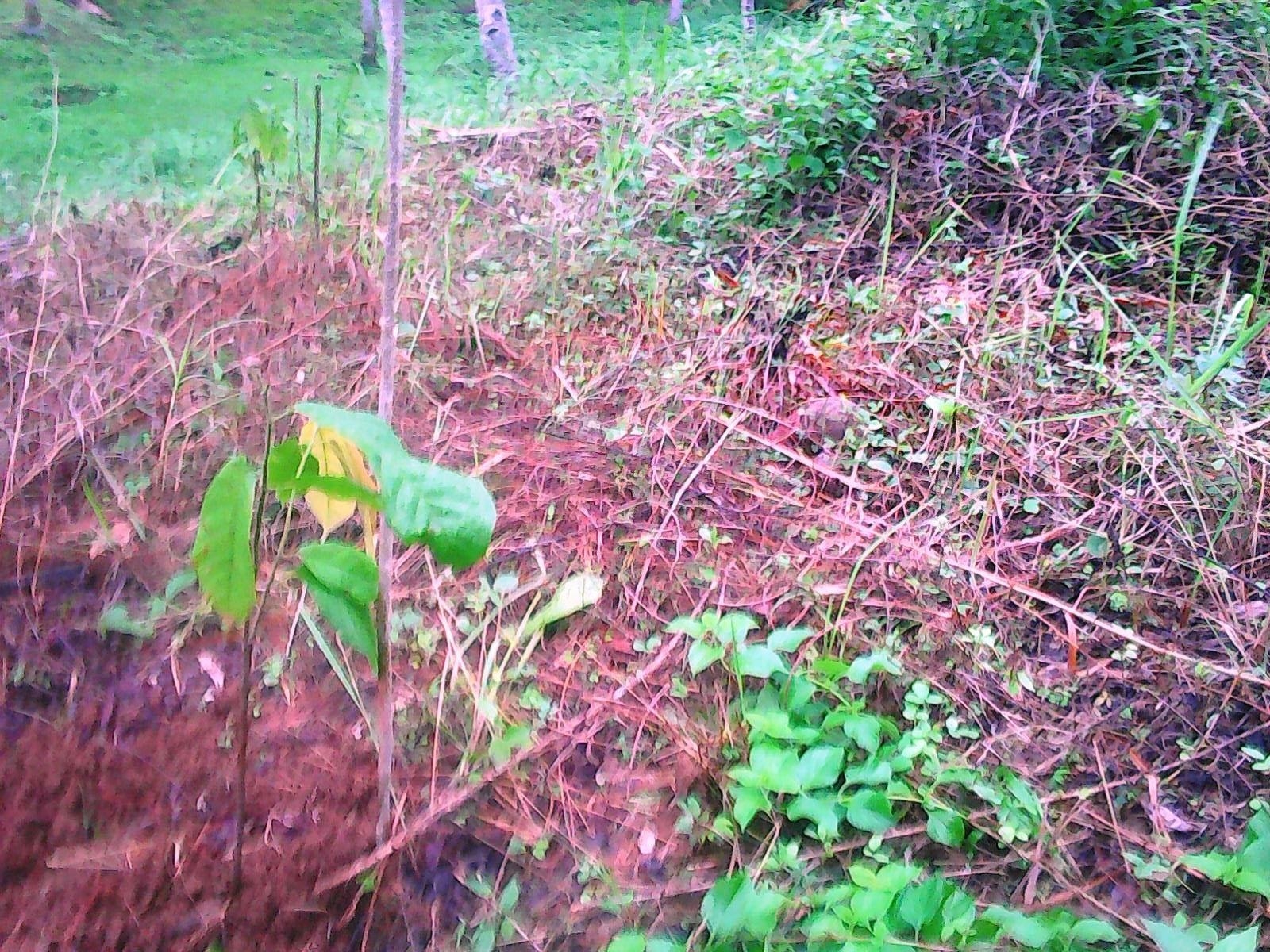
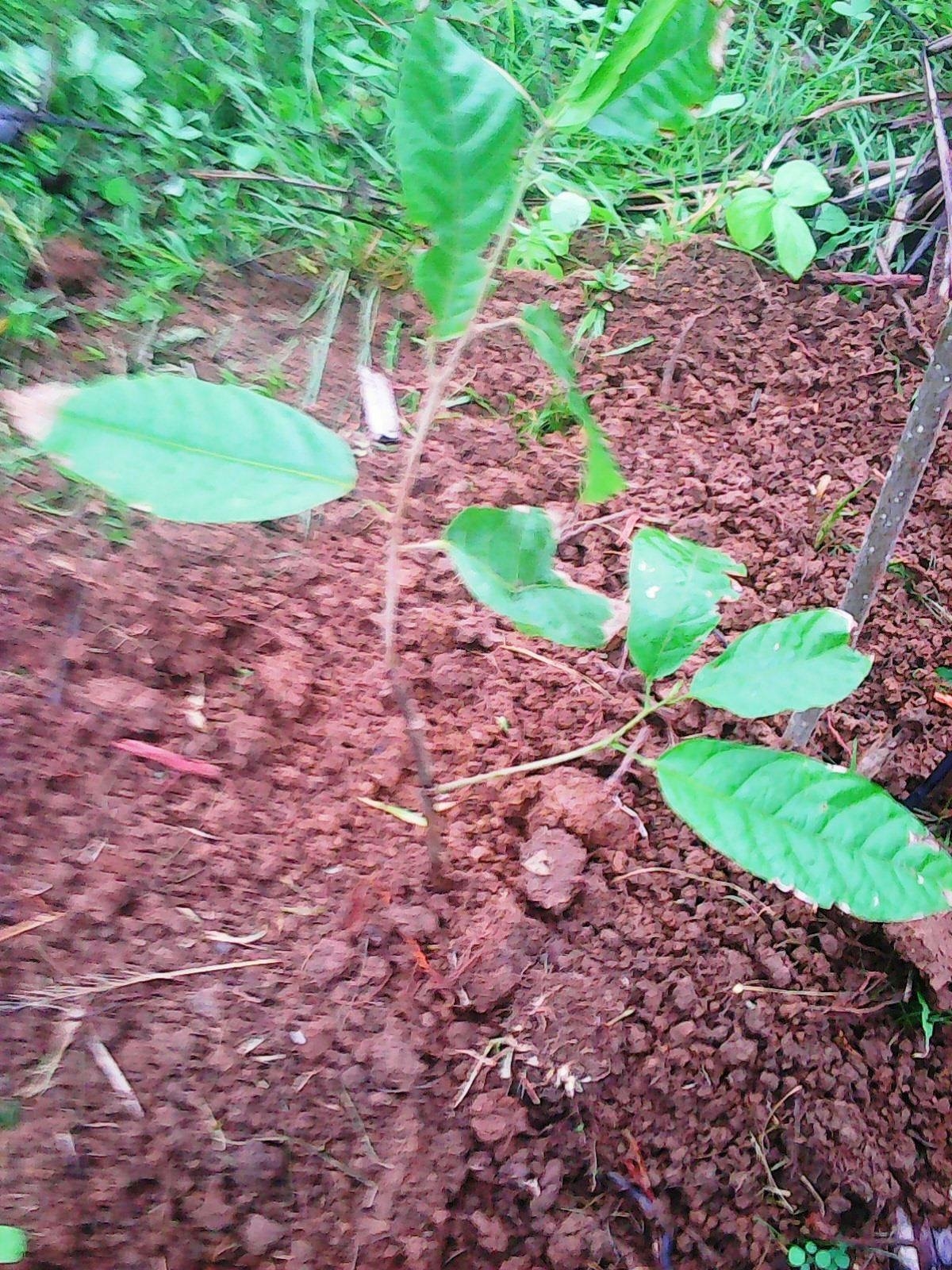
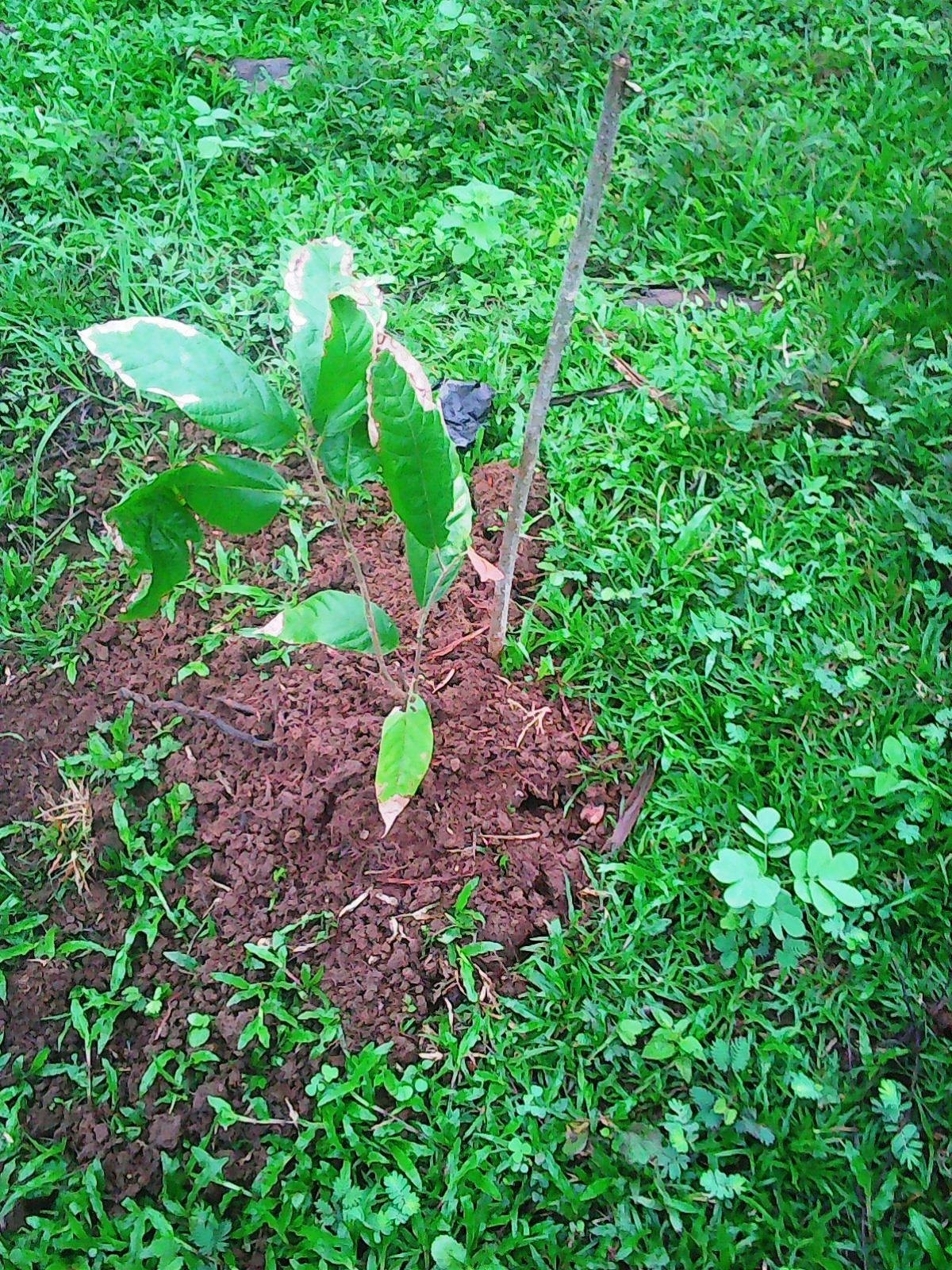
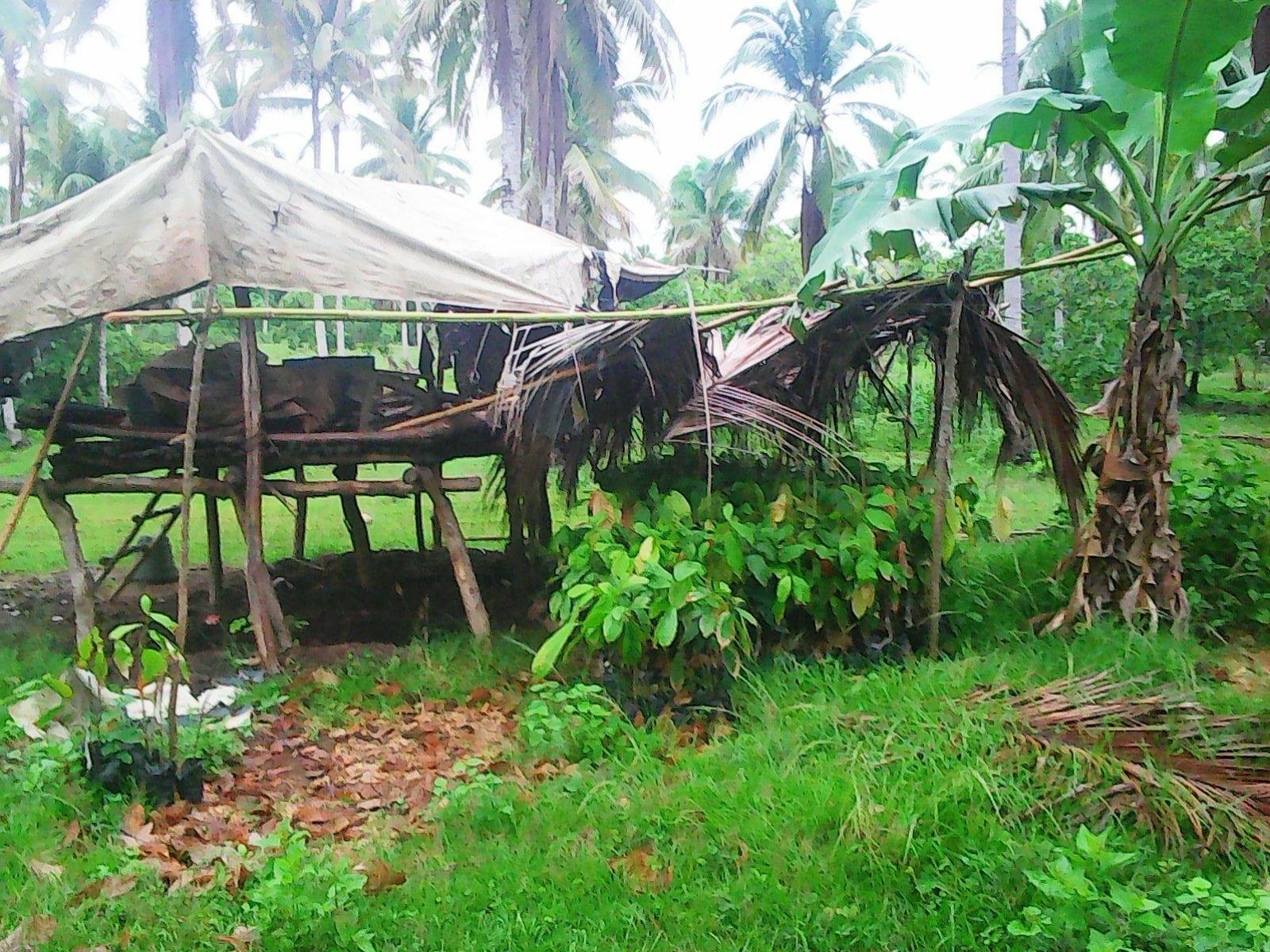
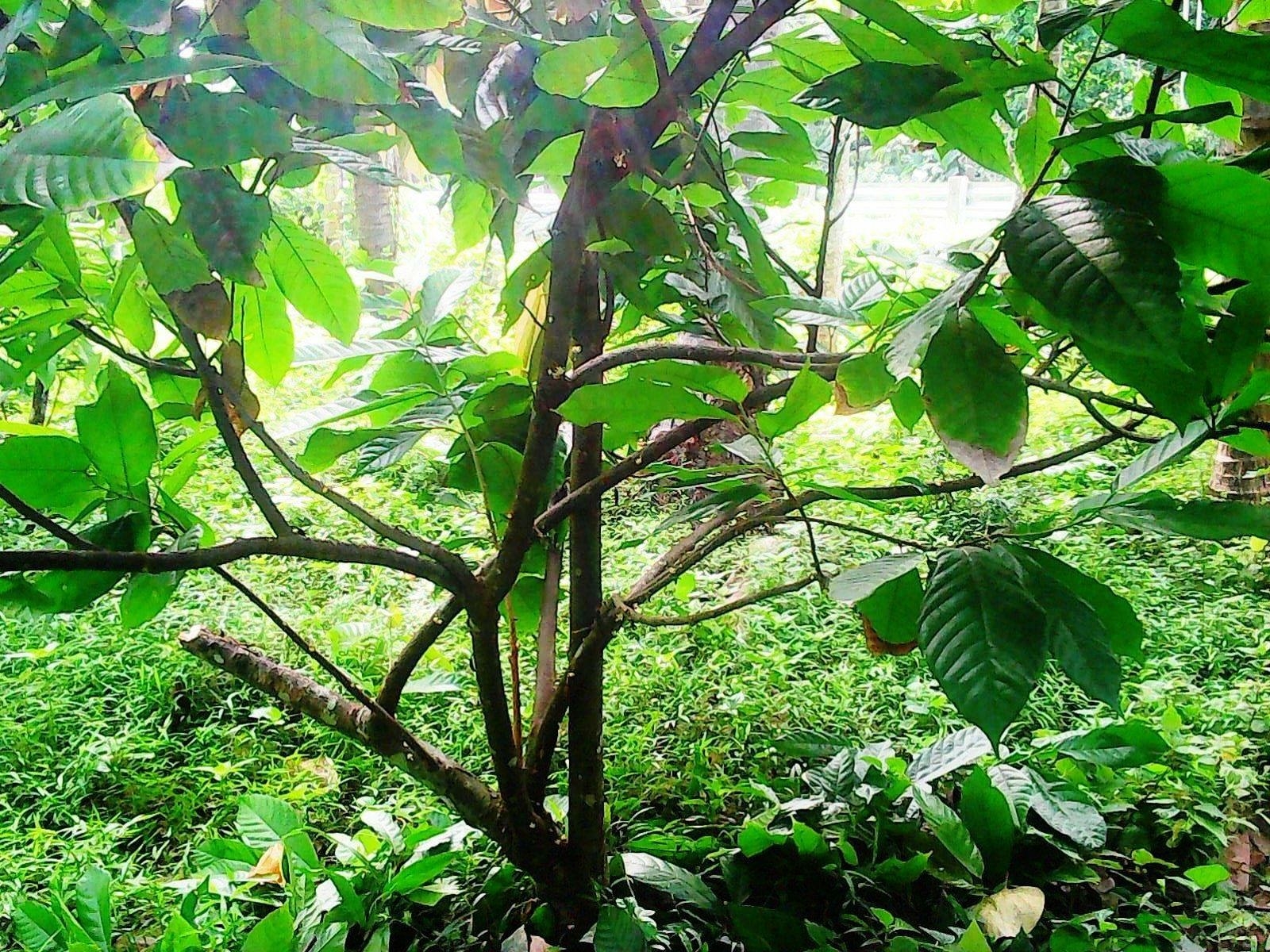
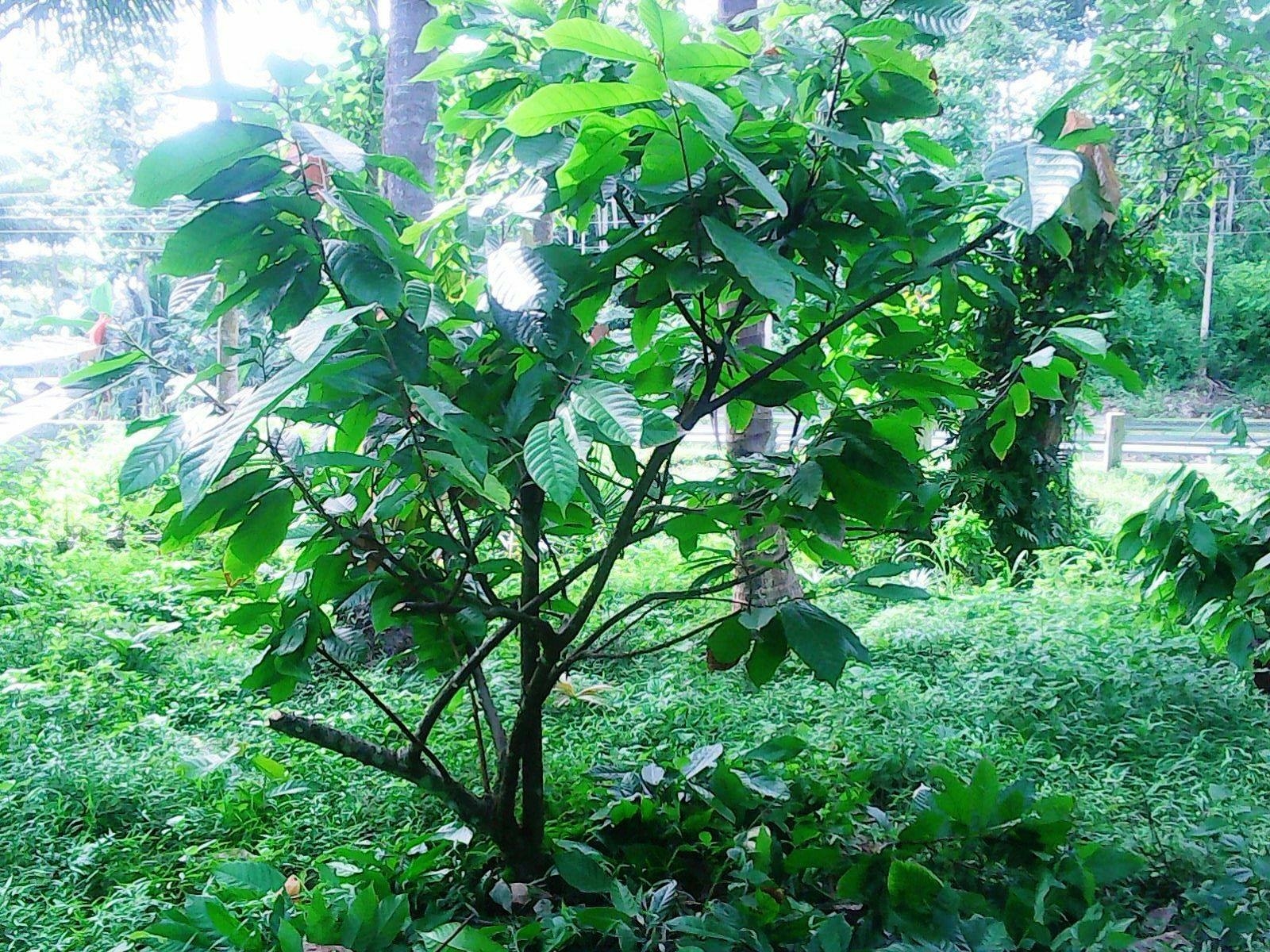
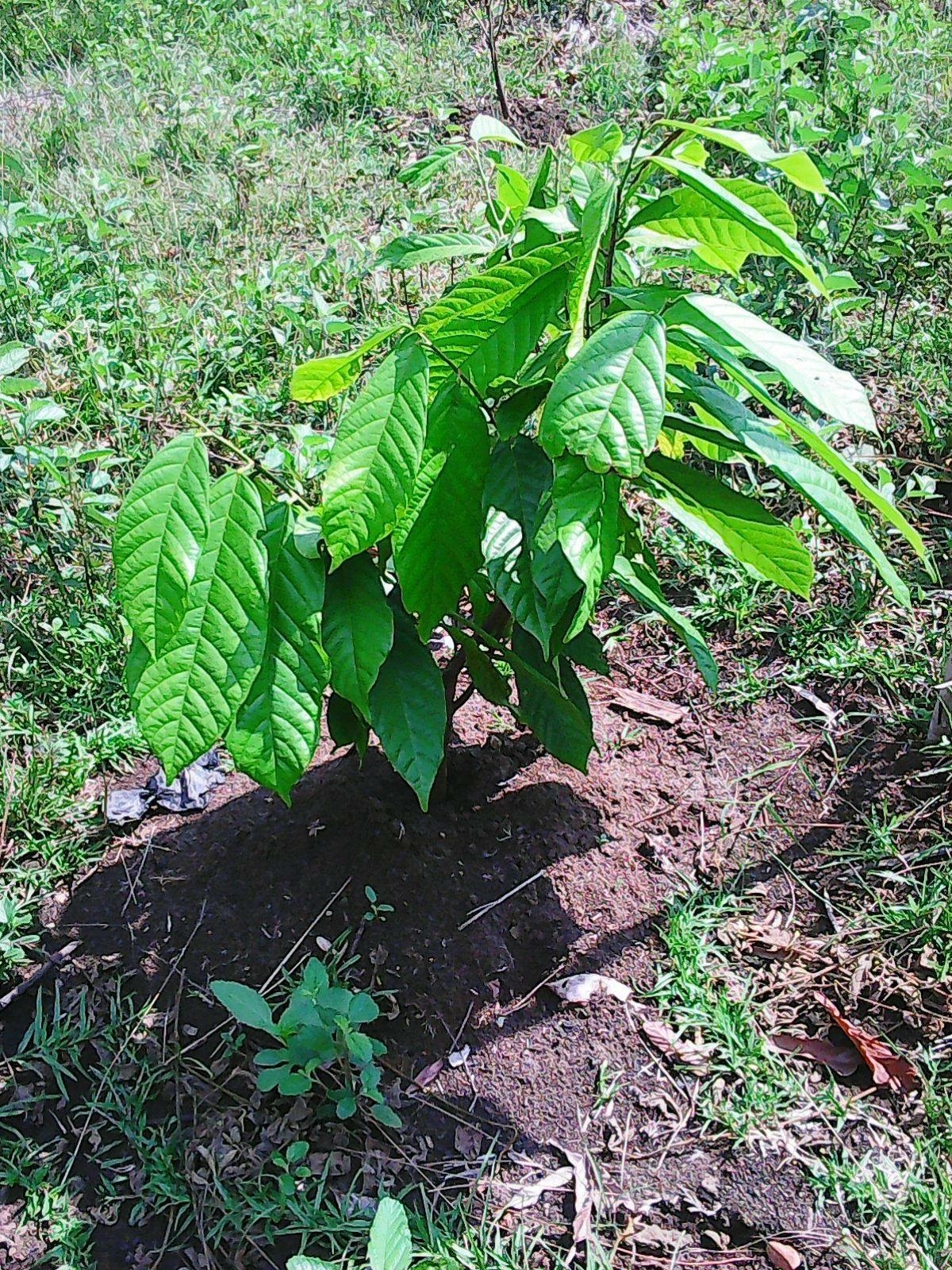

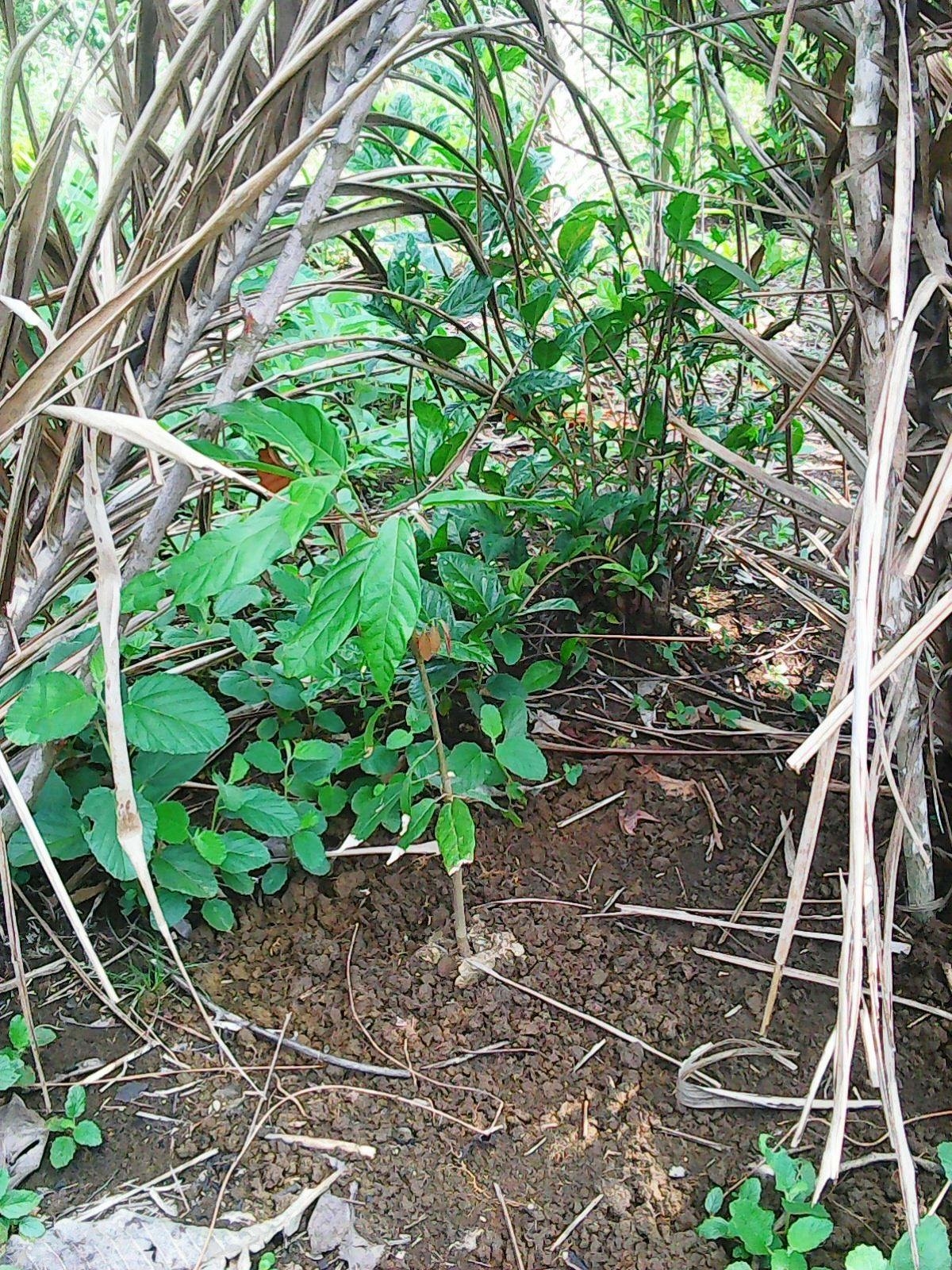
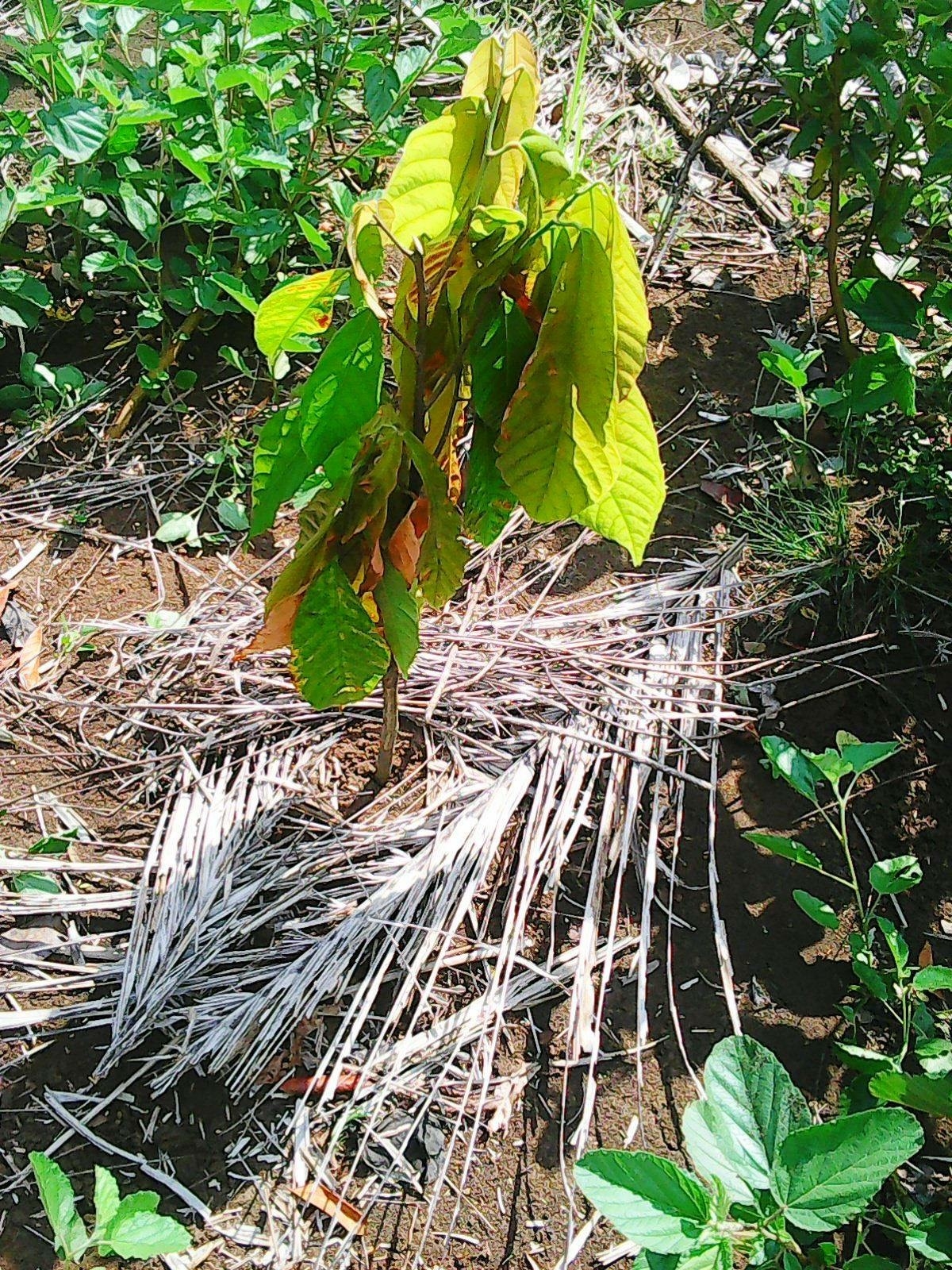
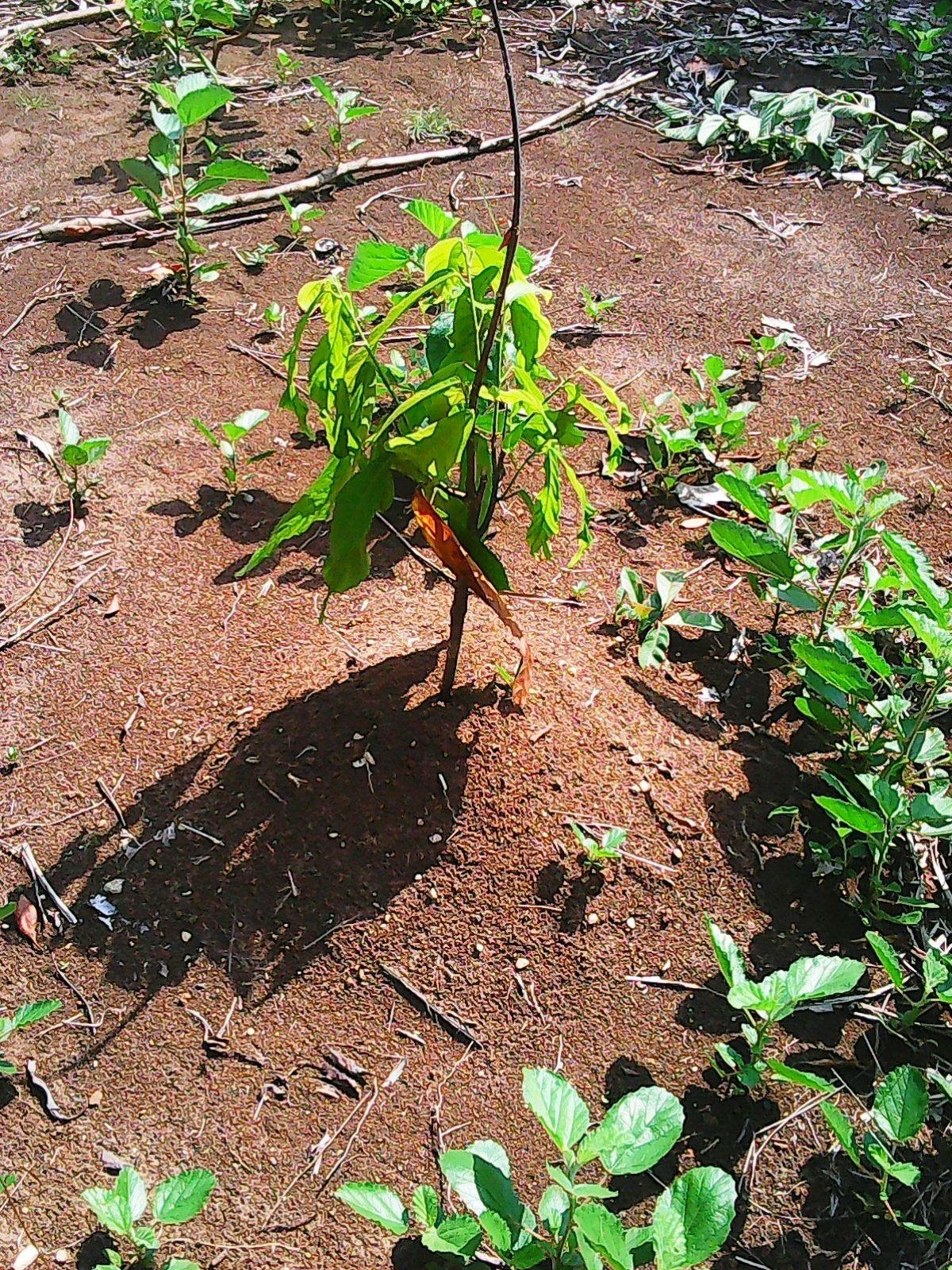
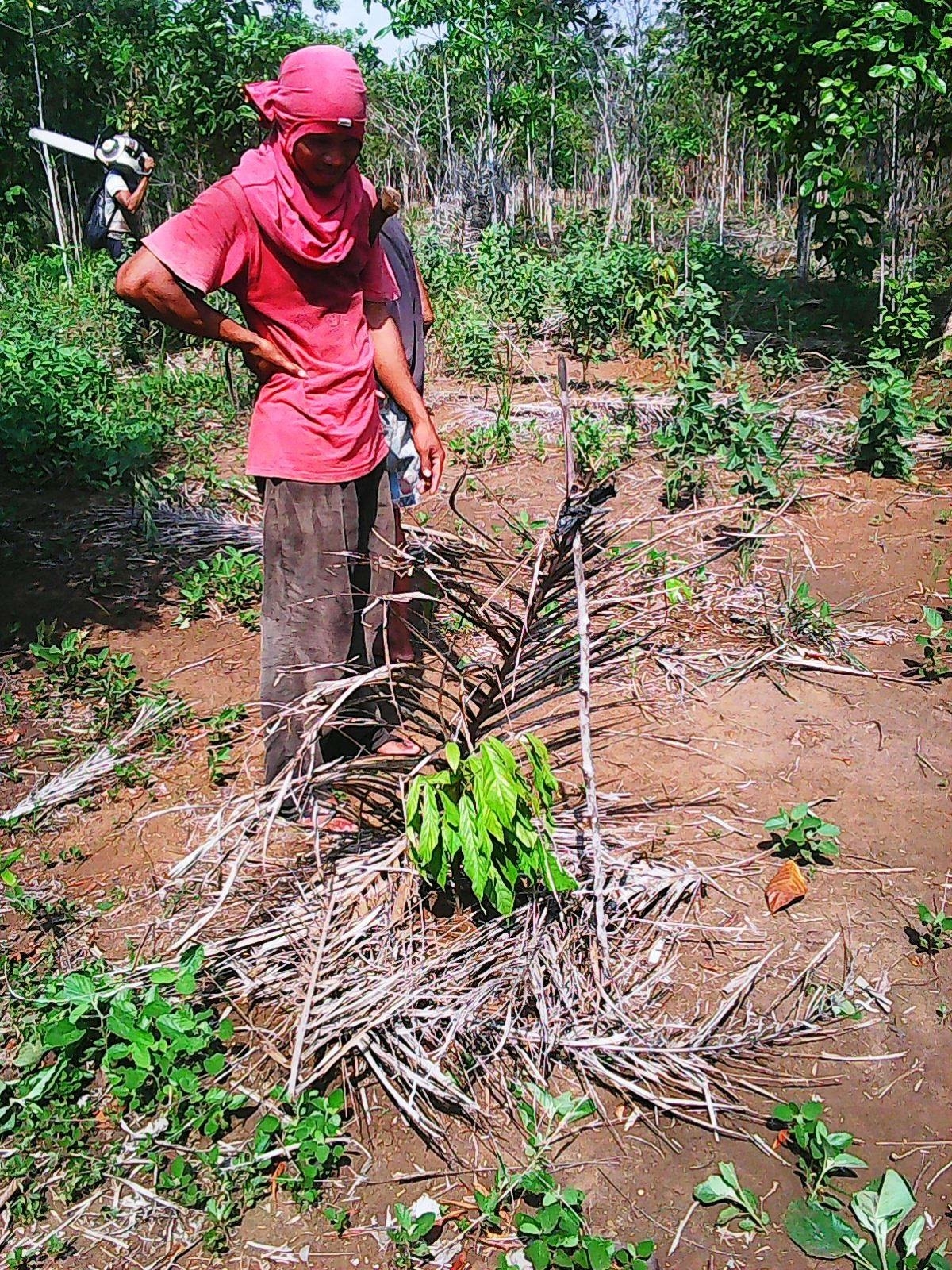
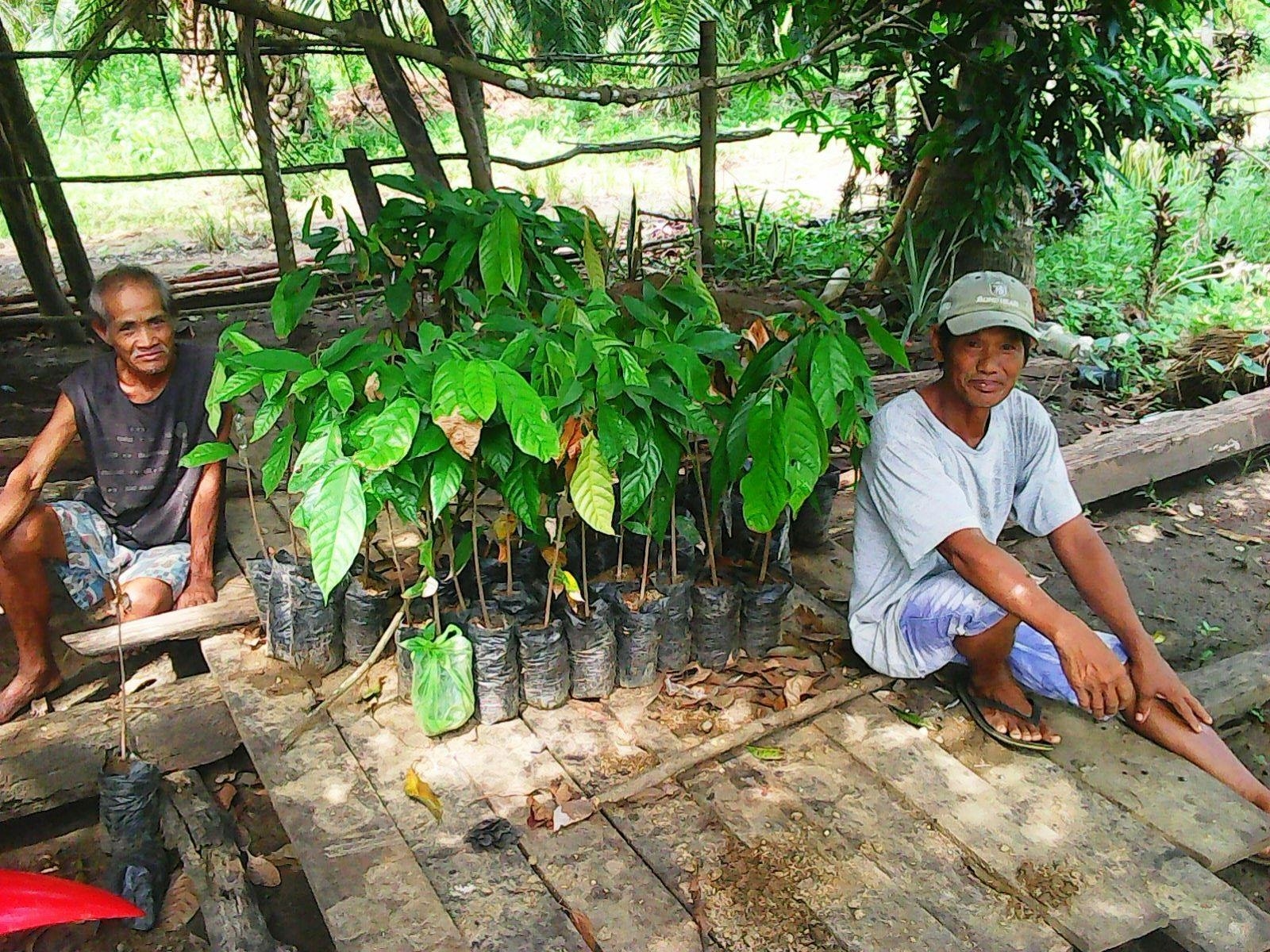

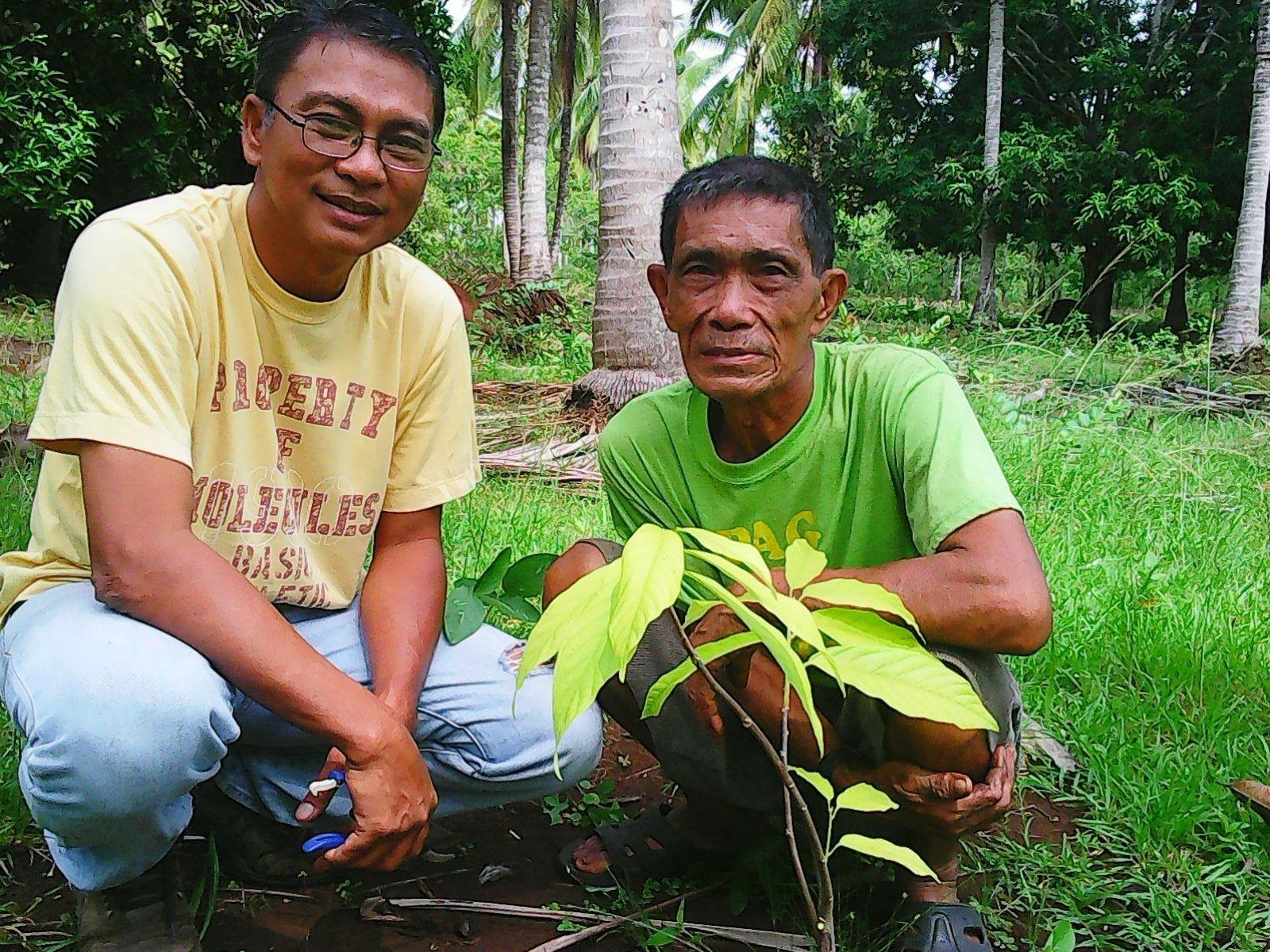
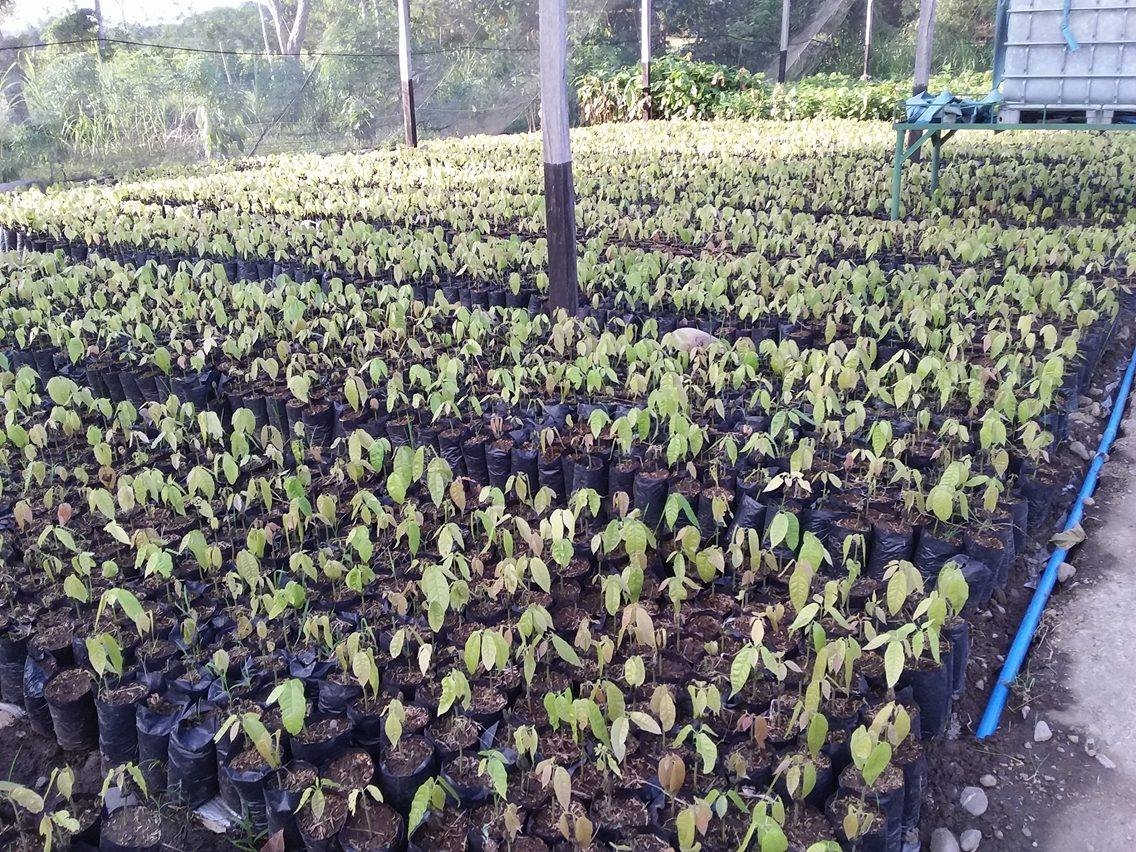
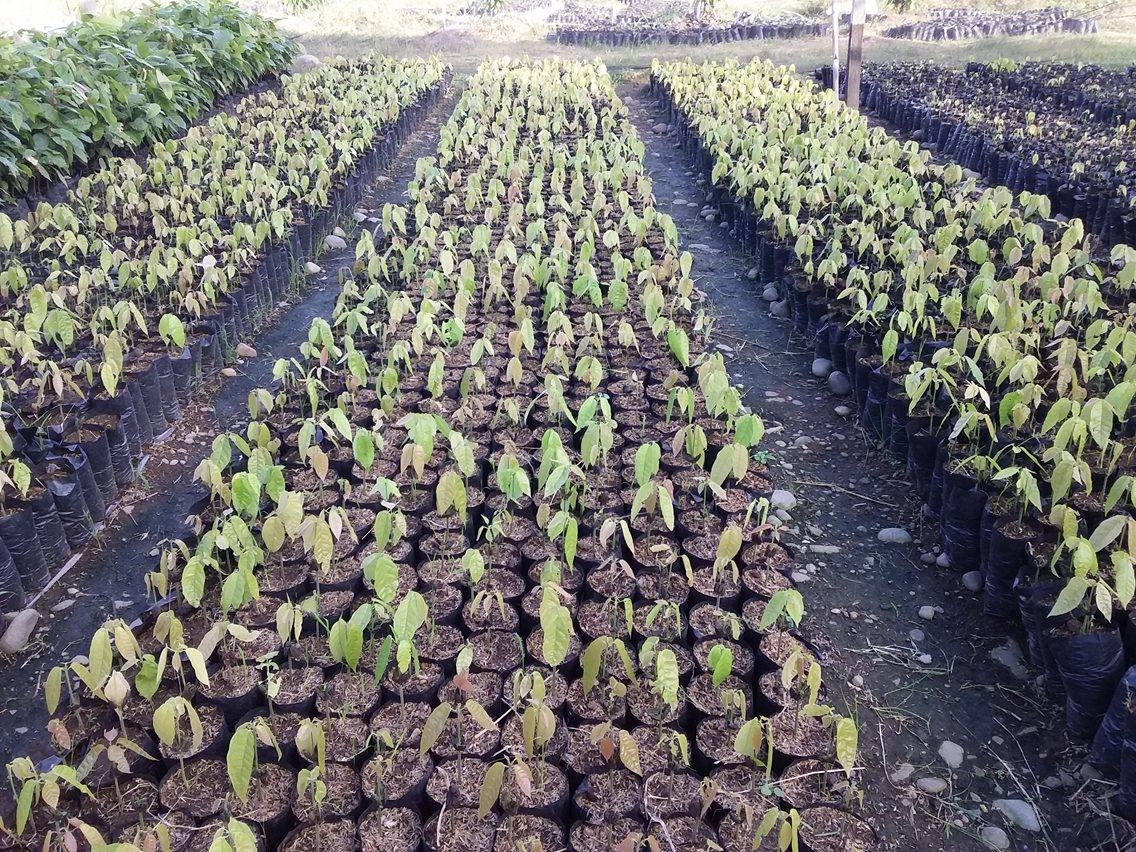
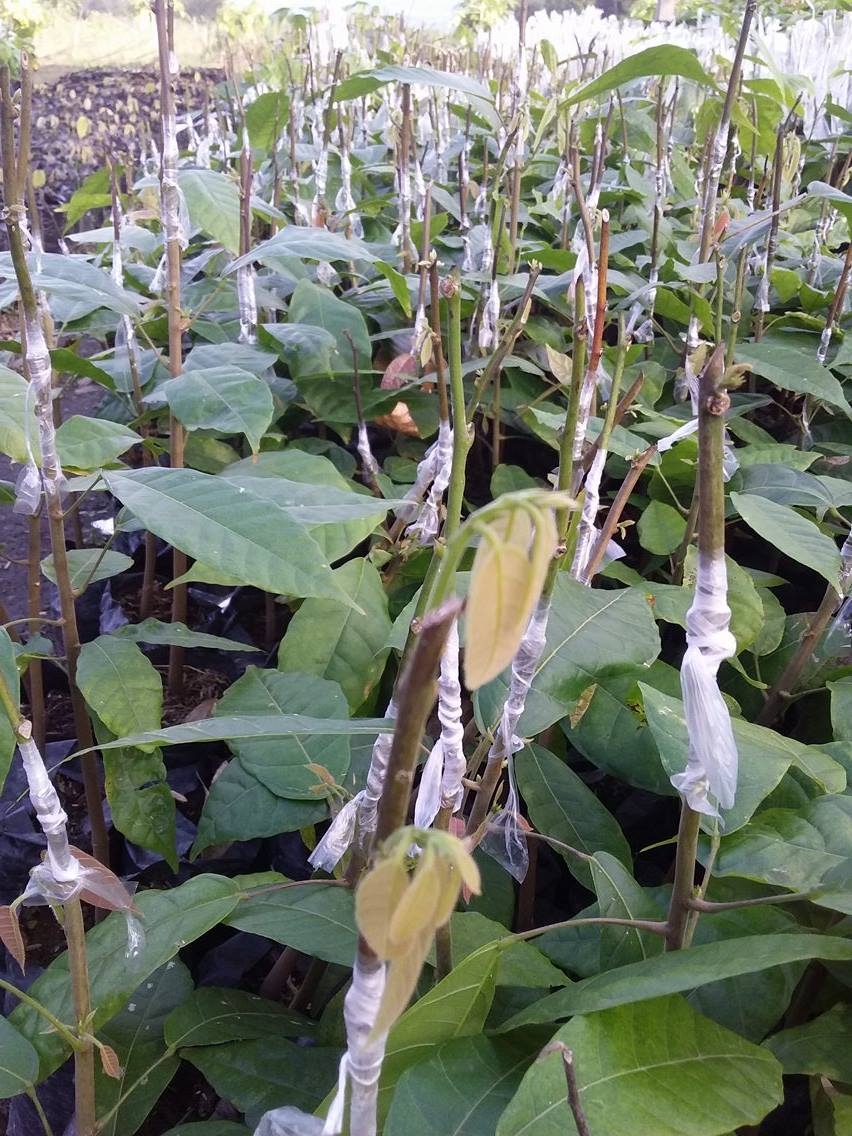
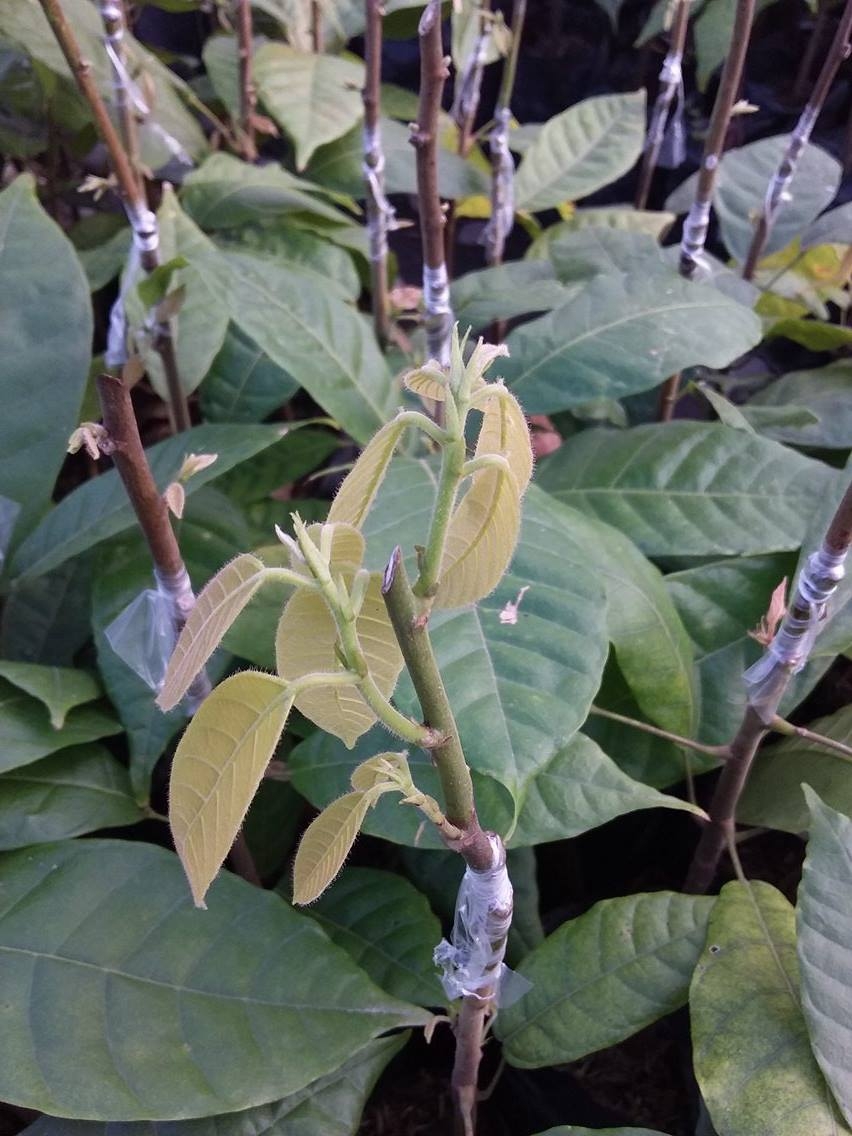
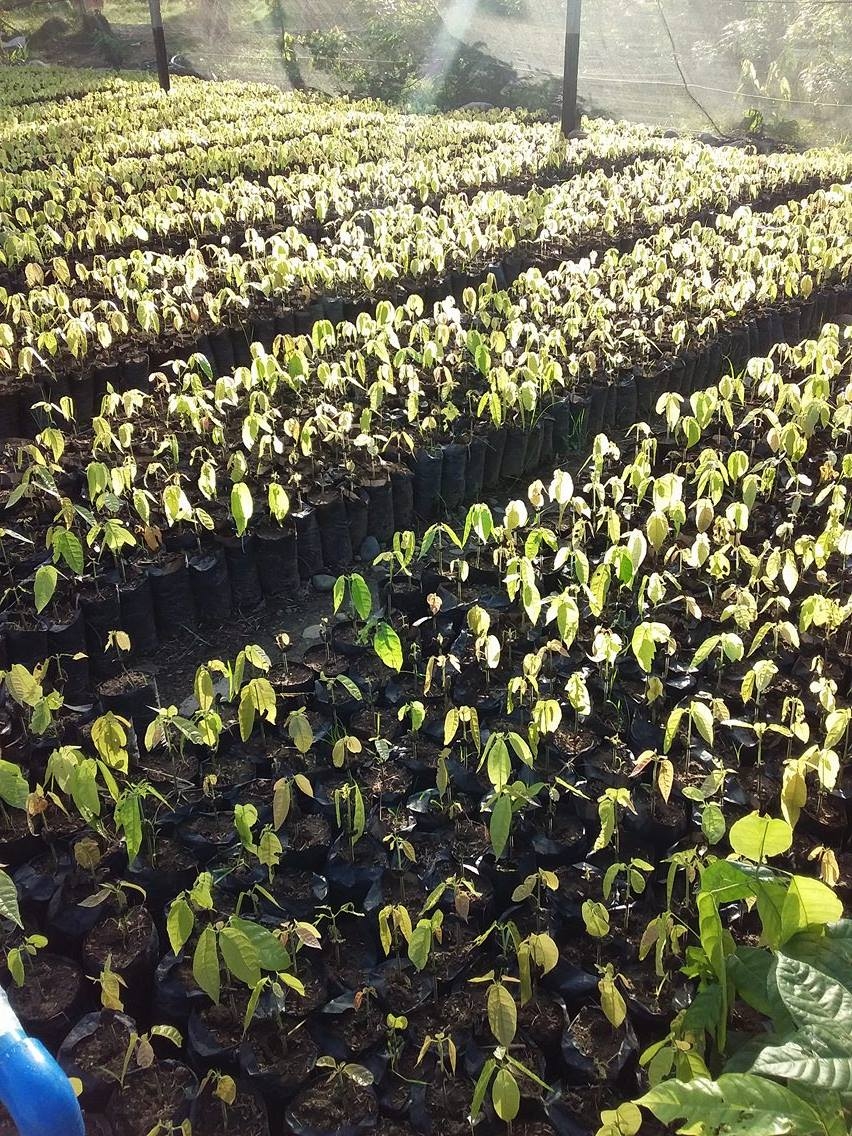
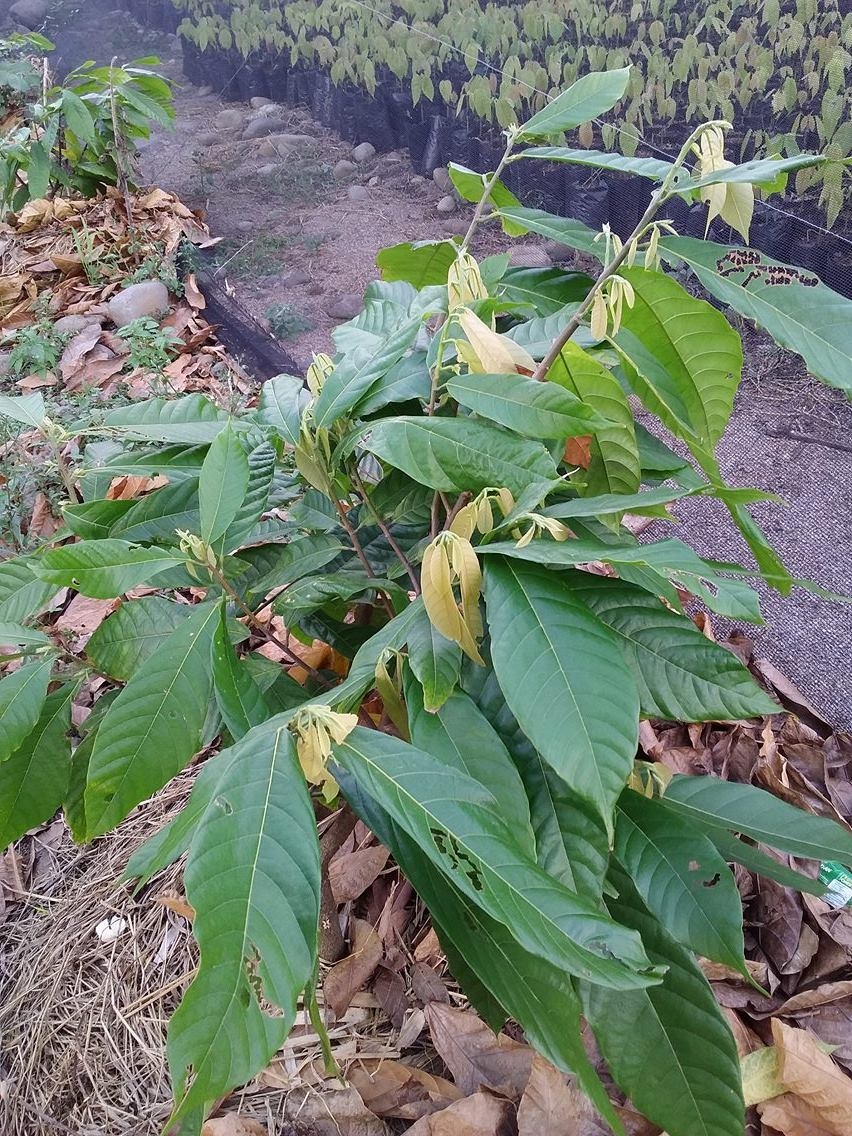
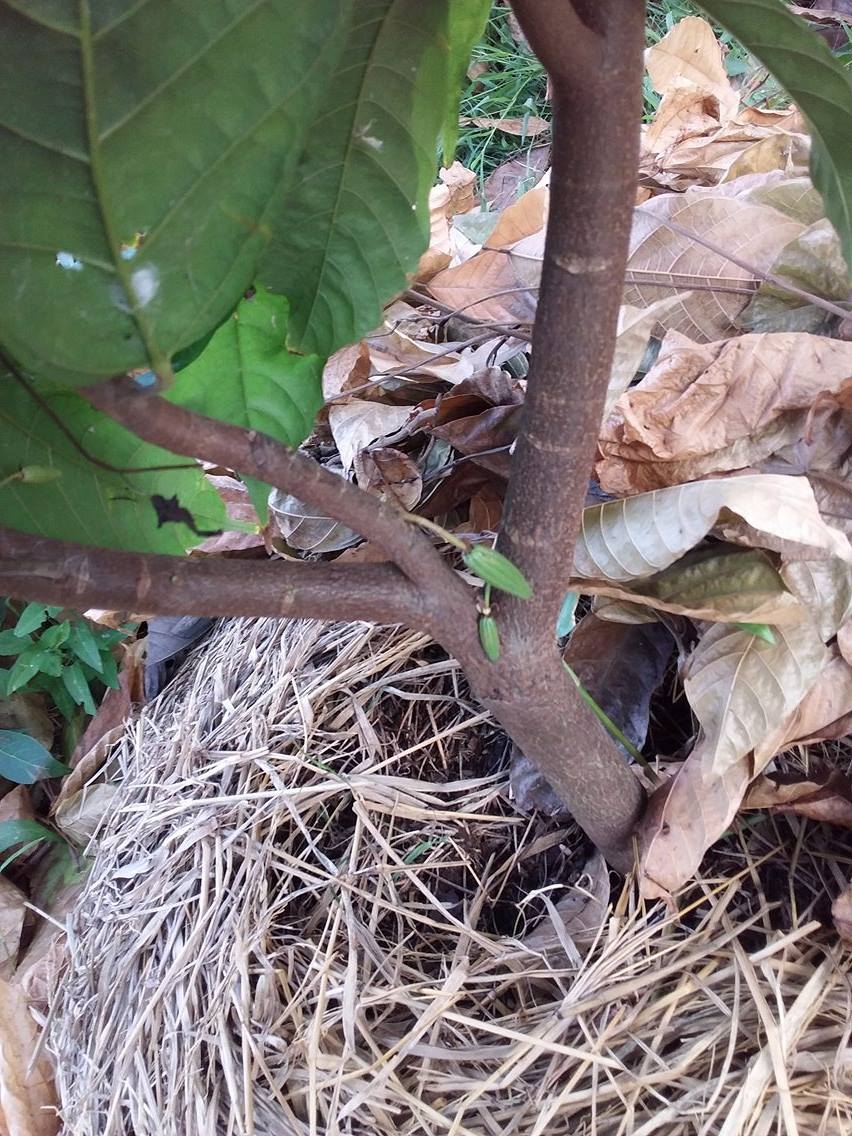
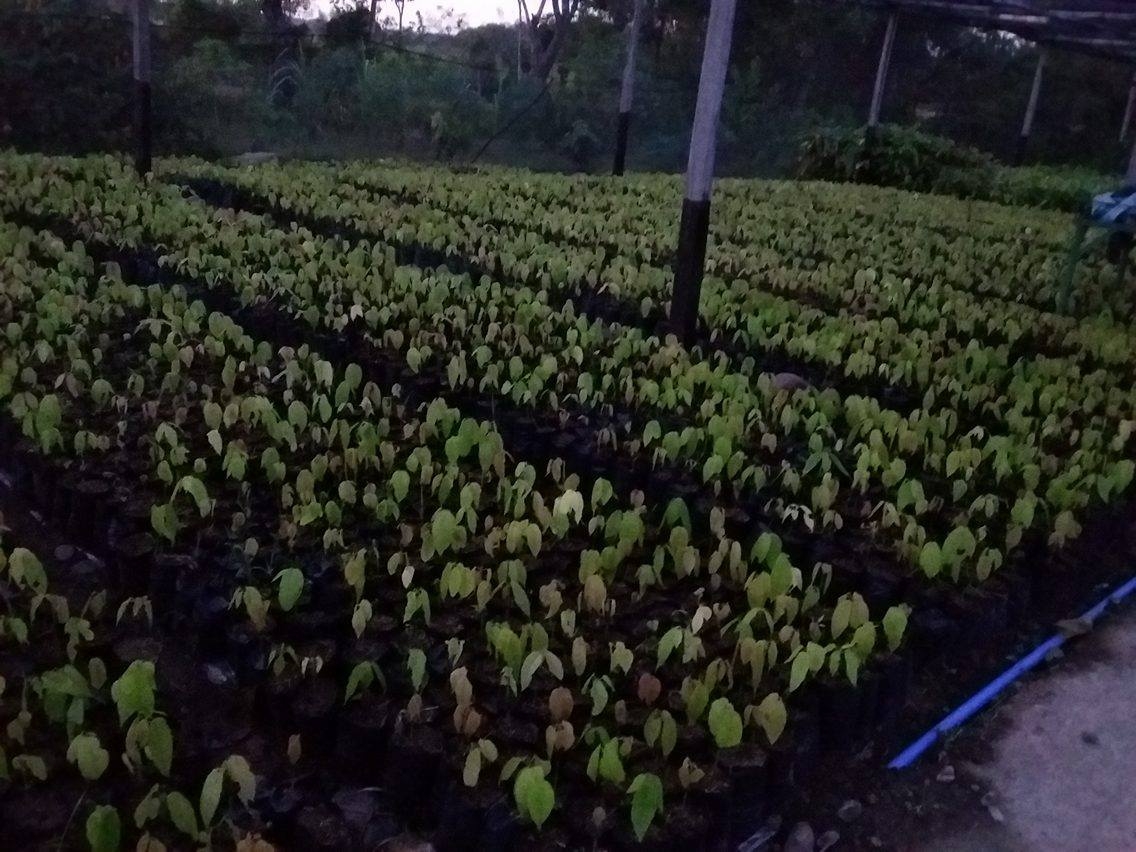
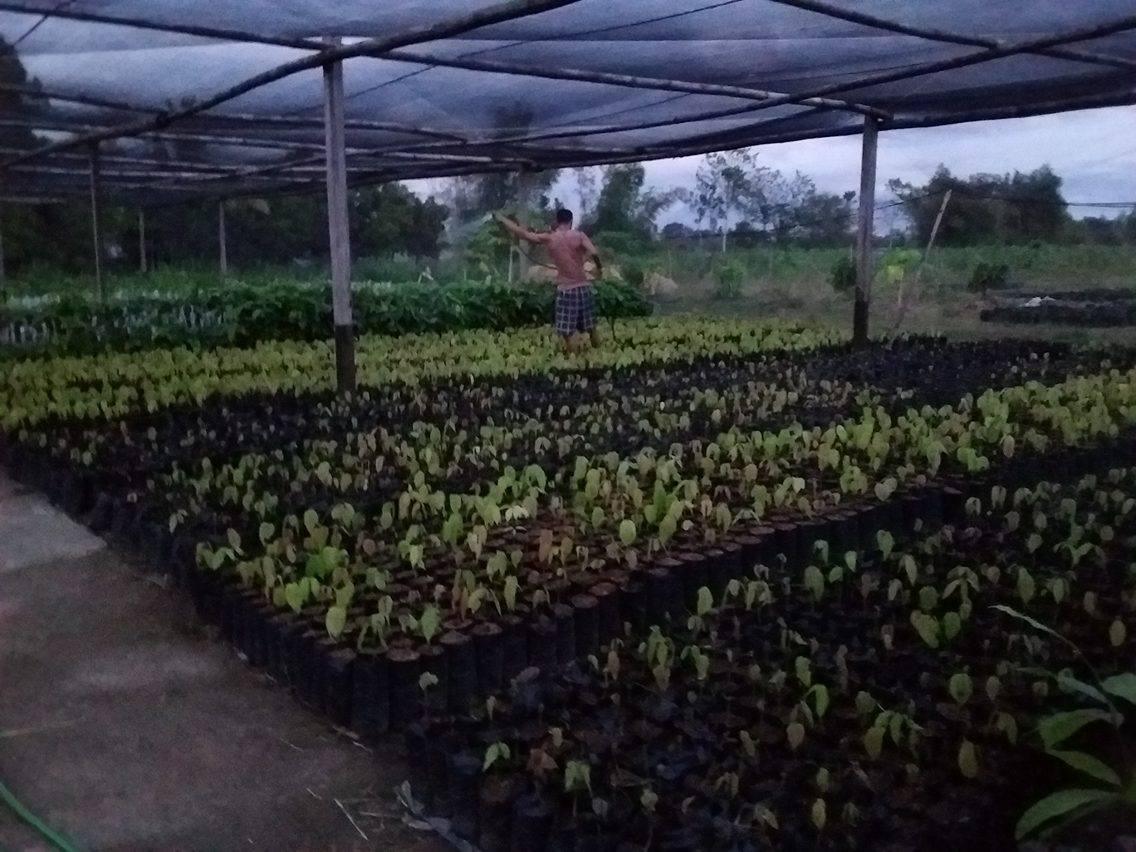
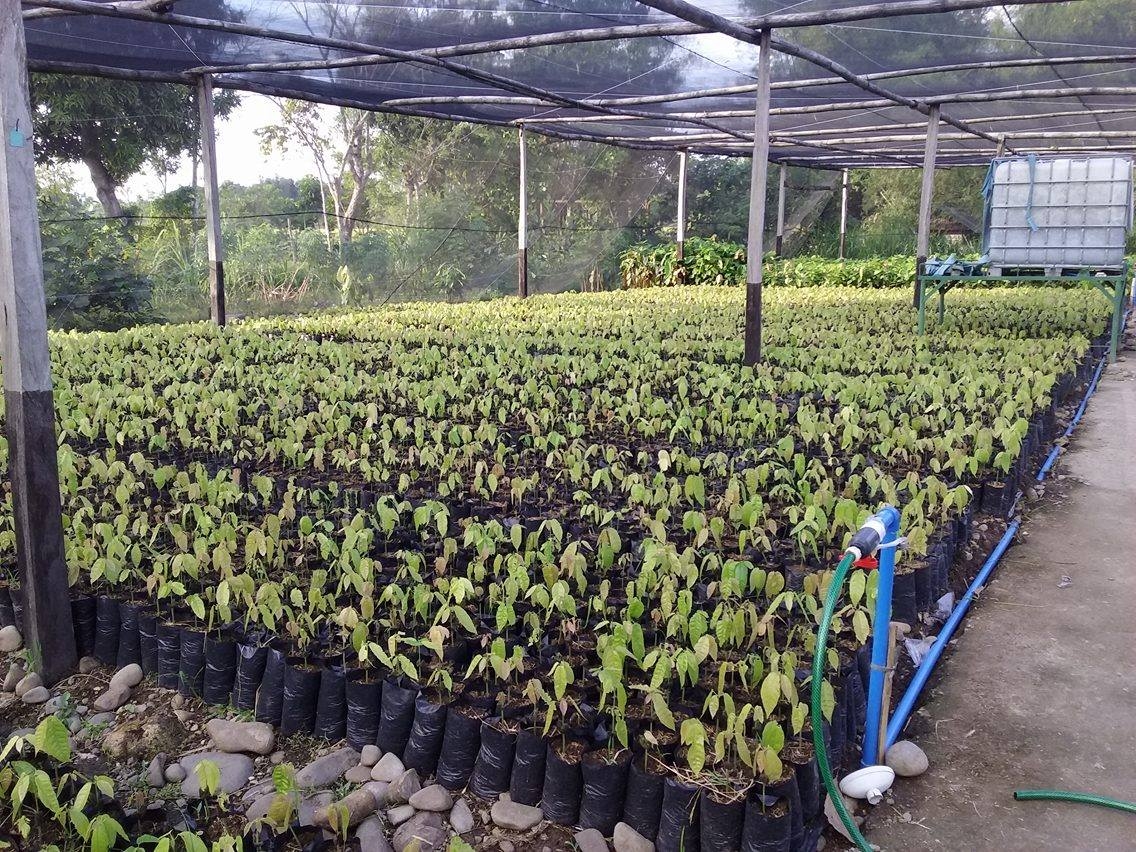



 Cacao plant varieties also have the same purpose by their innovators / breeders.
Cacao plant varieties also have the same purpose by their innovators / breeders.



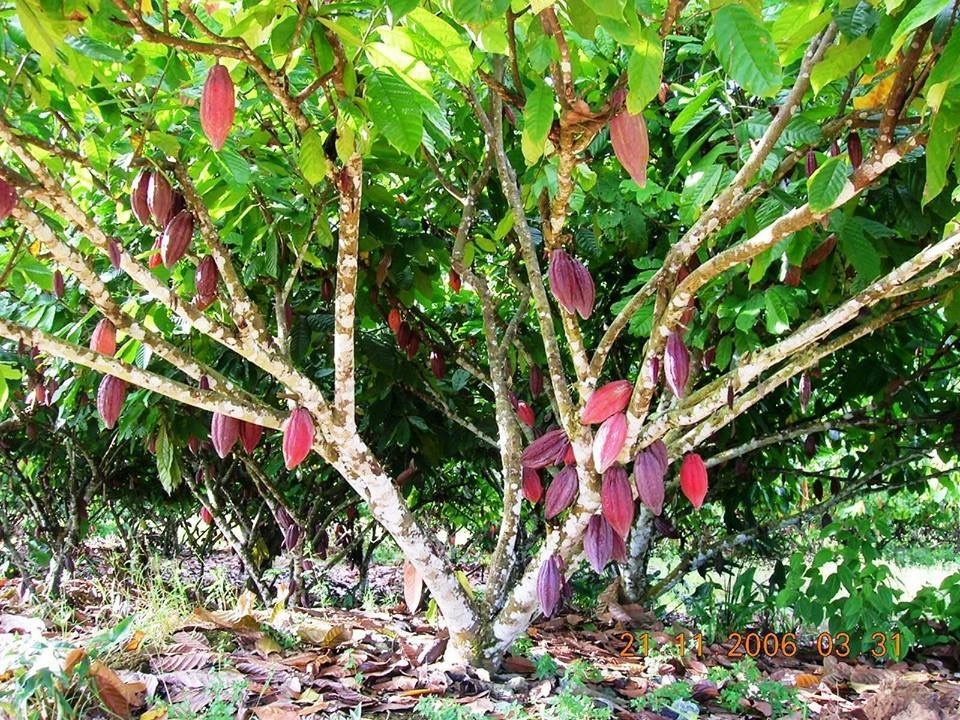

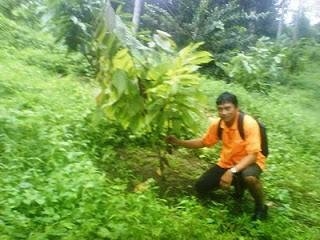 (among the 1st Generation Cacao Farms in Bicol — circa early 2000s)
(among the 1st Generation Cacao Farms in Bicol — circa early 2000s)
